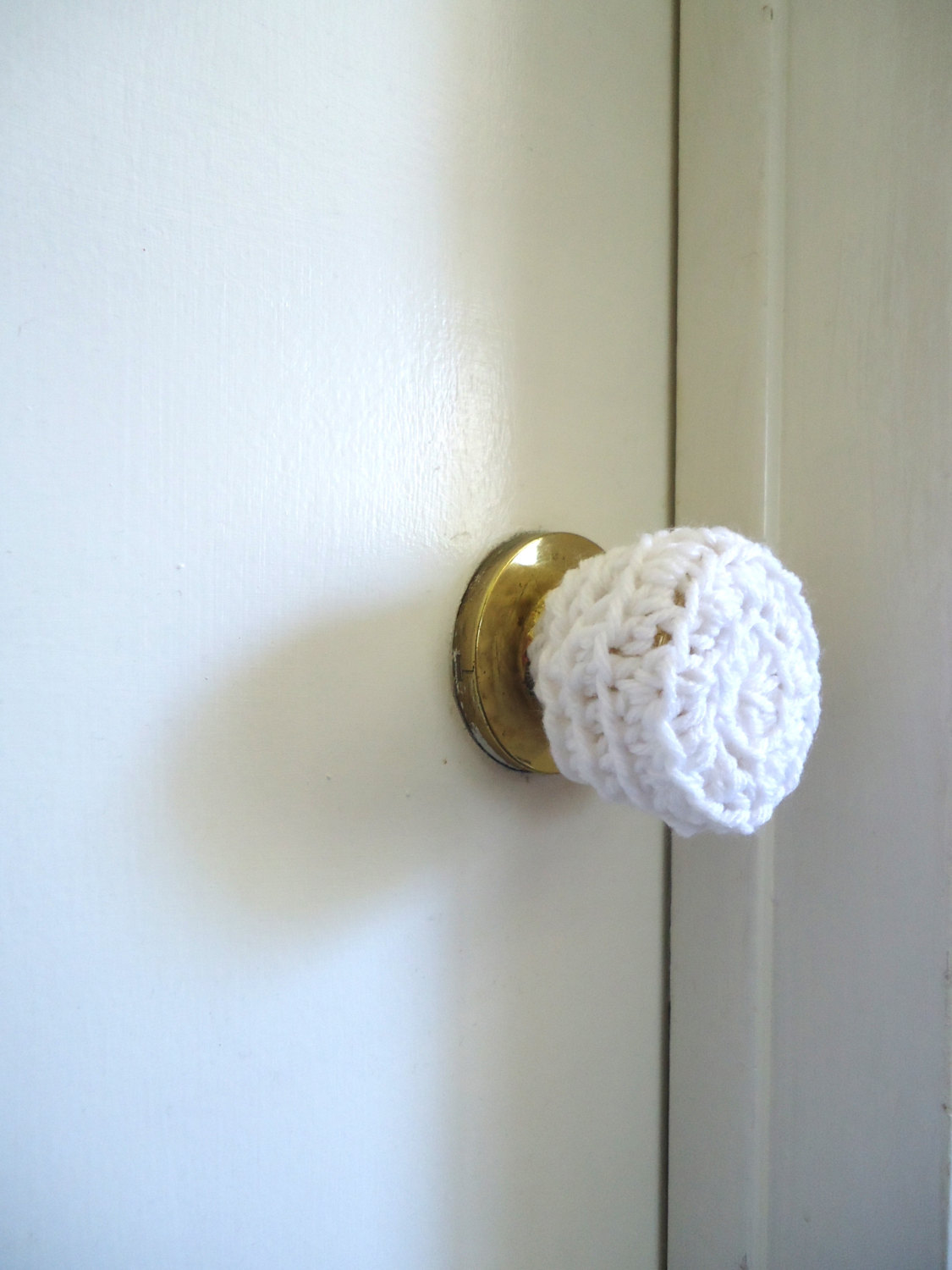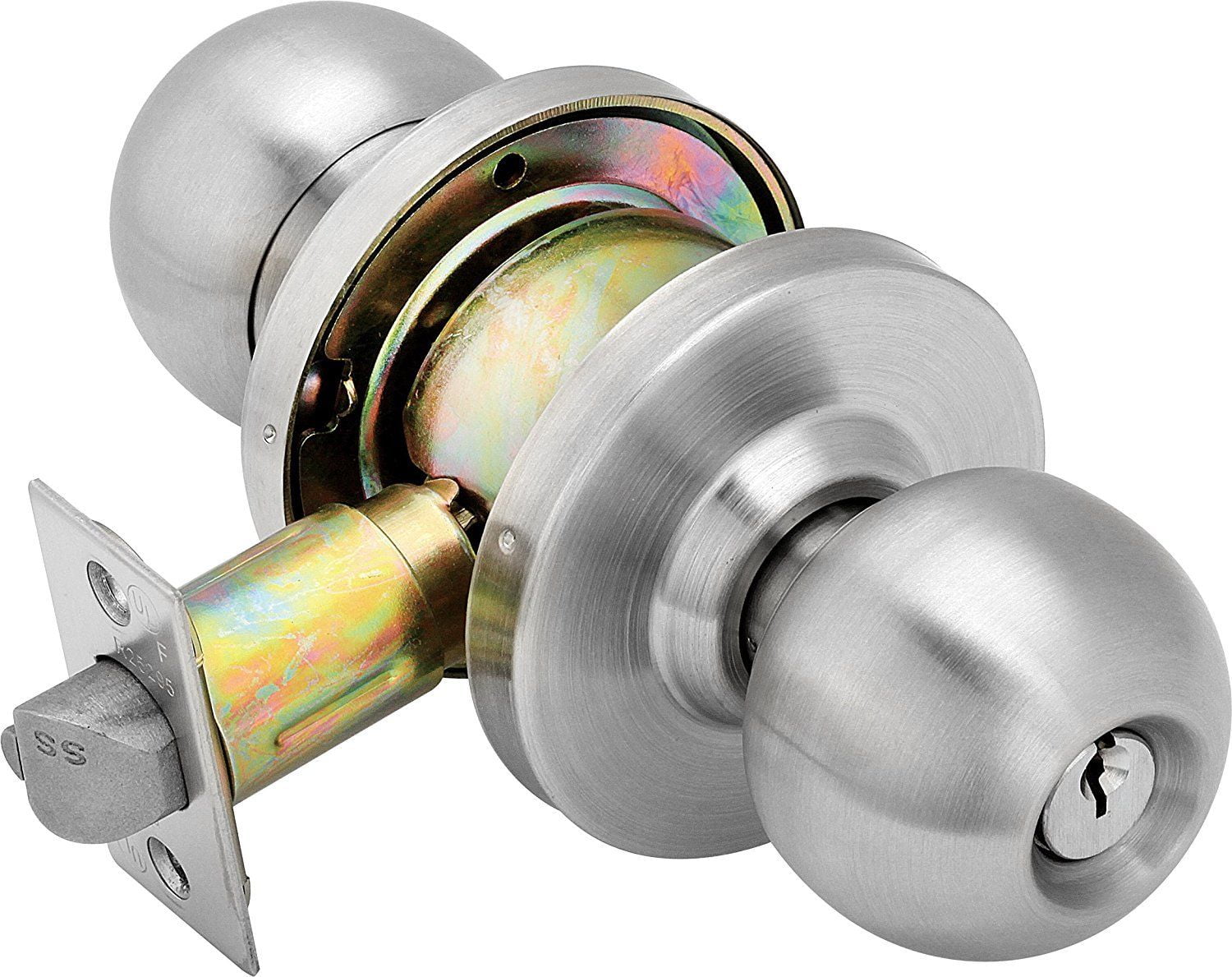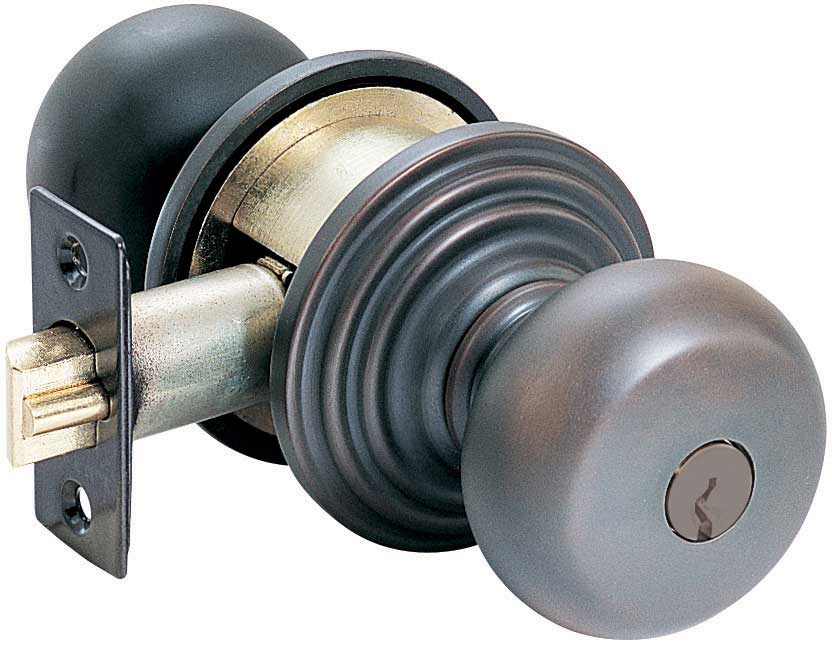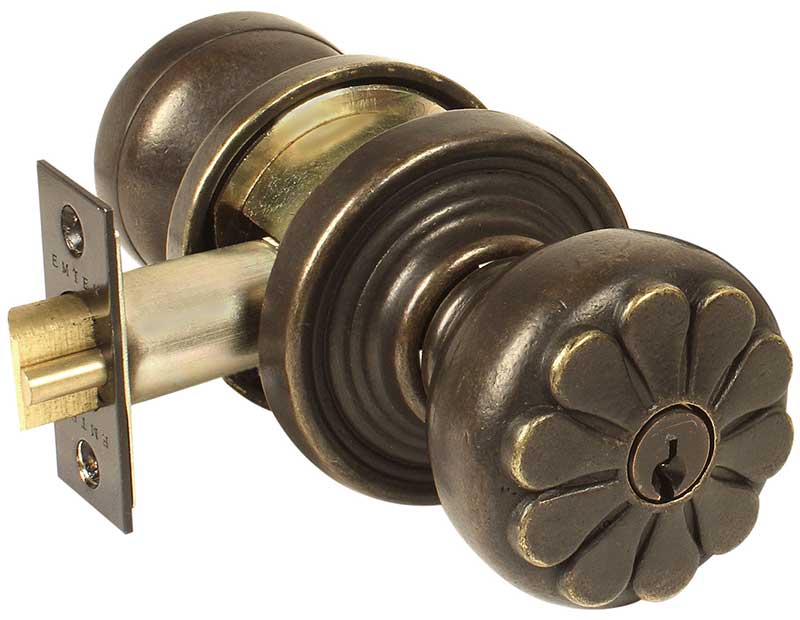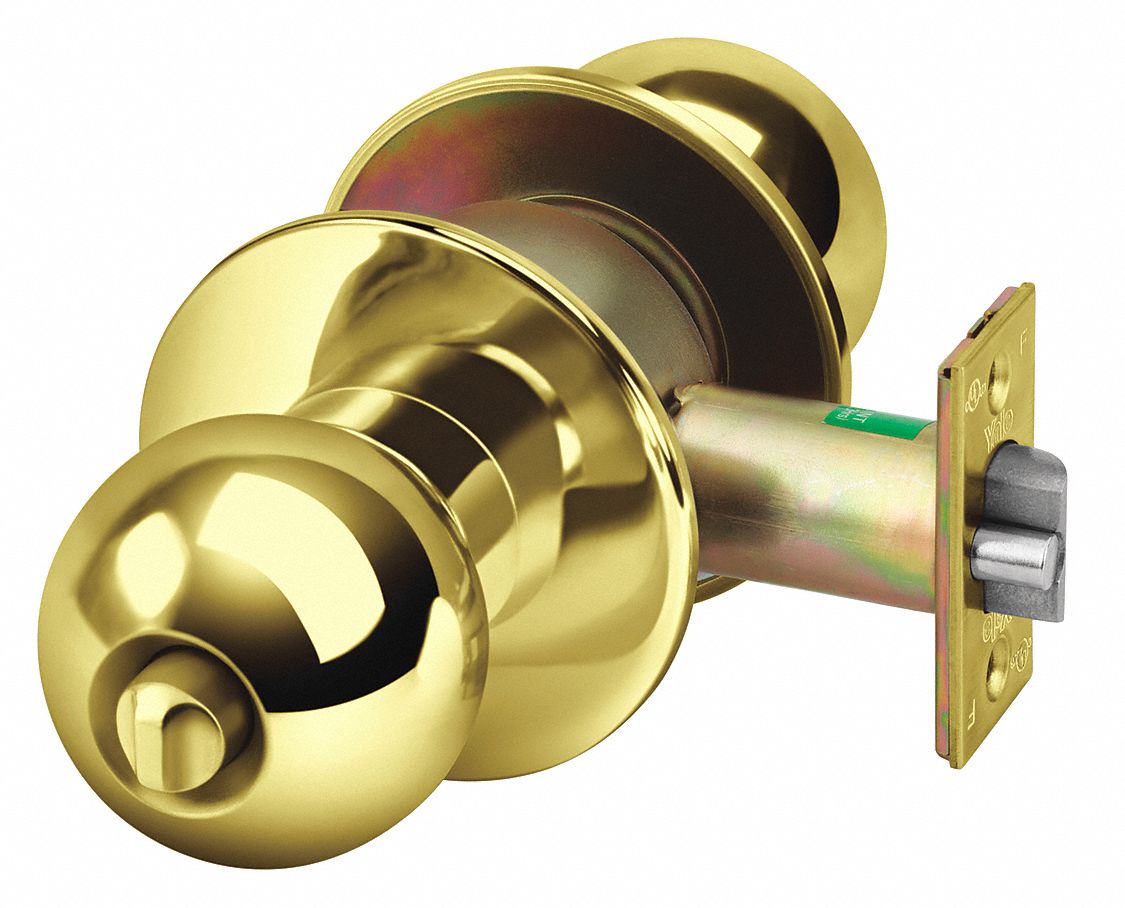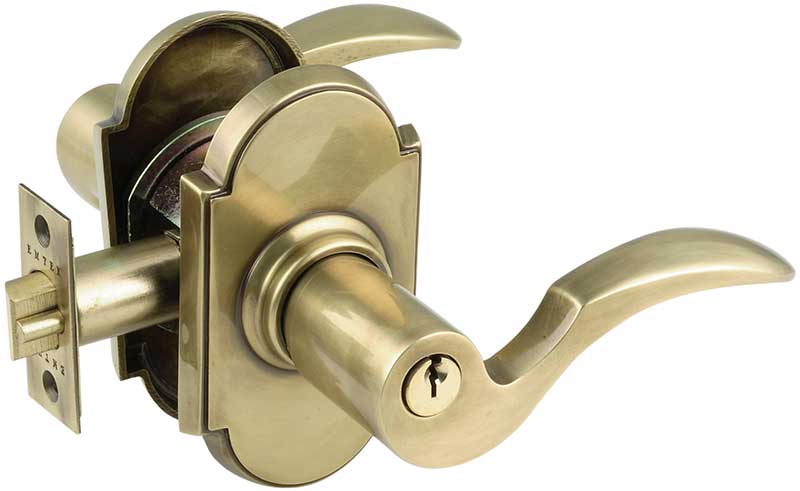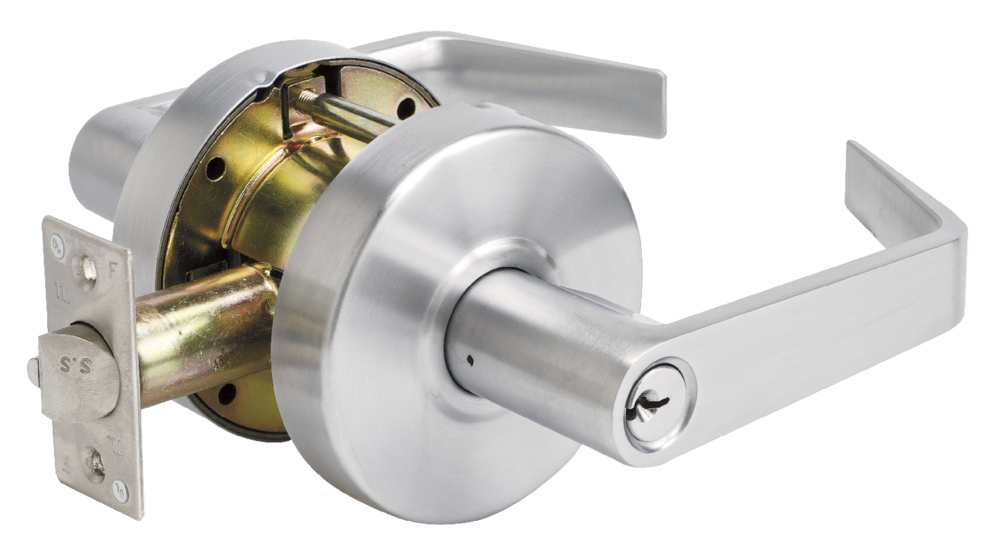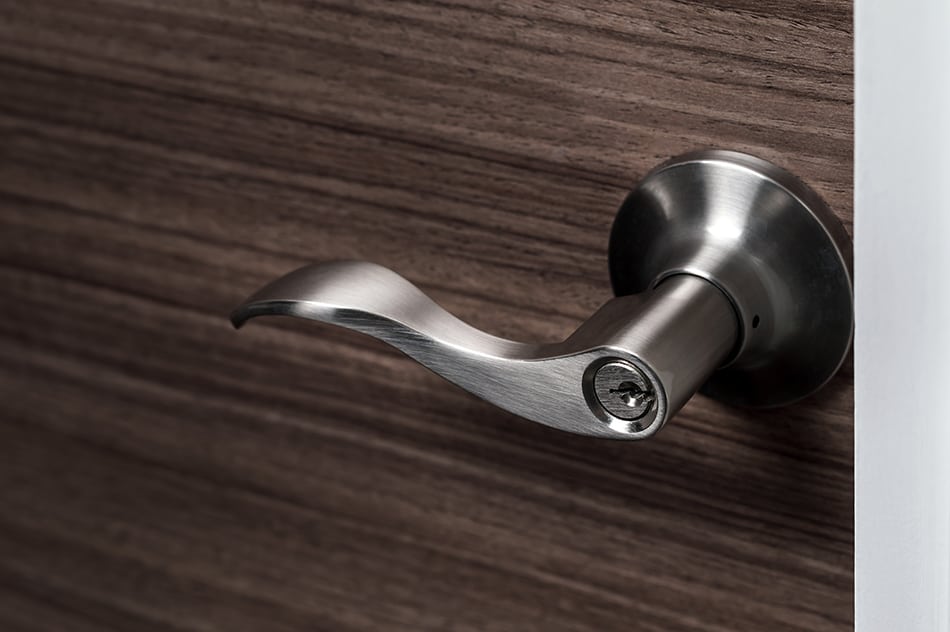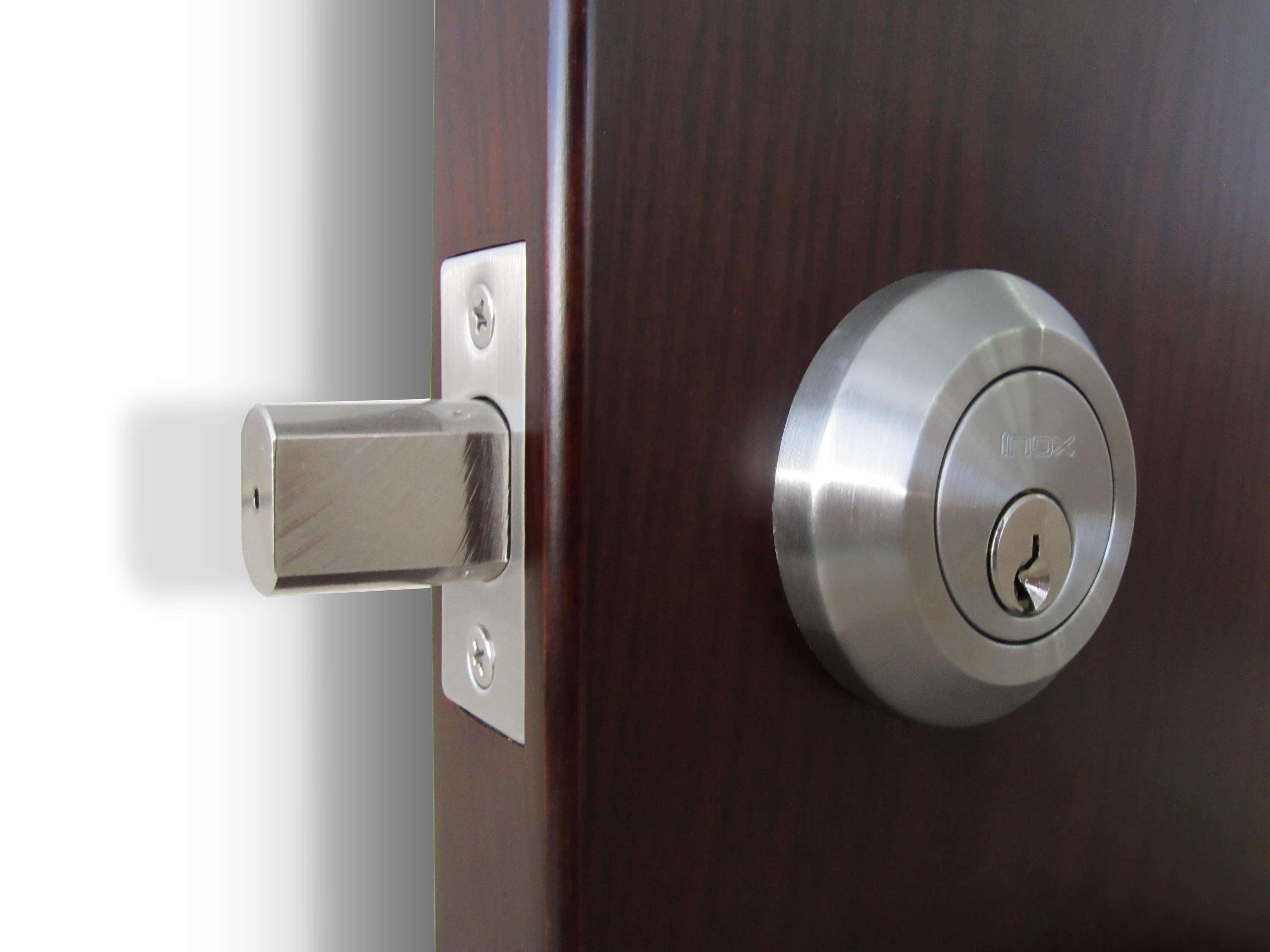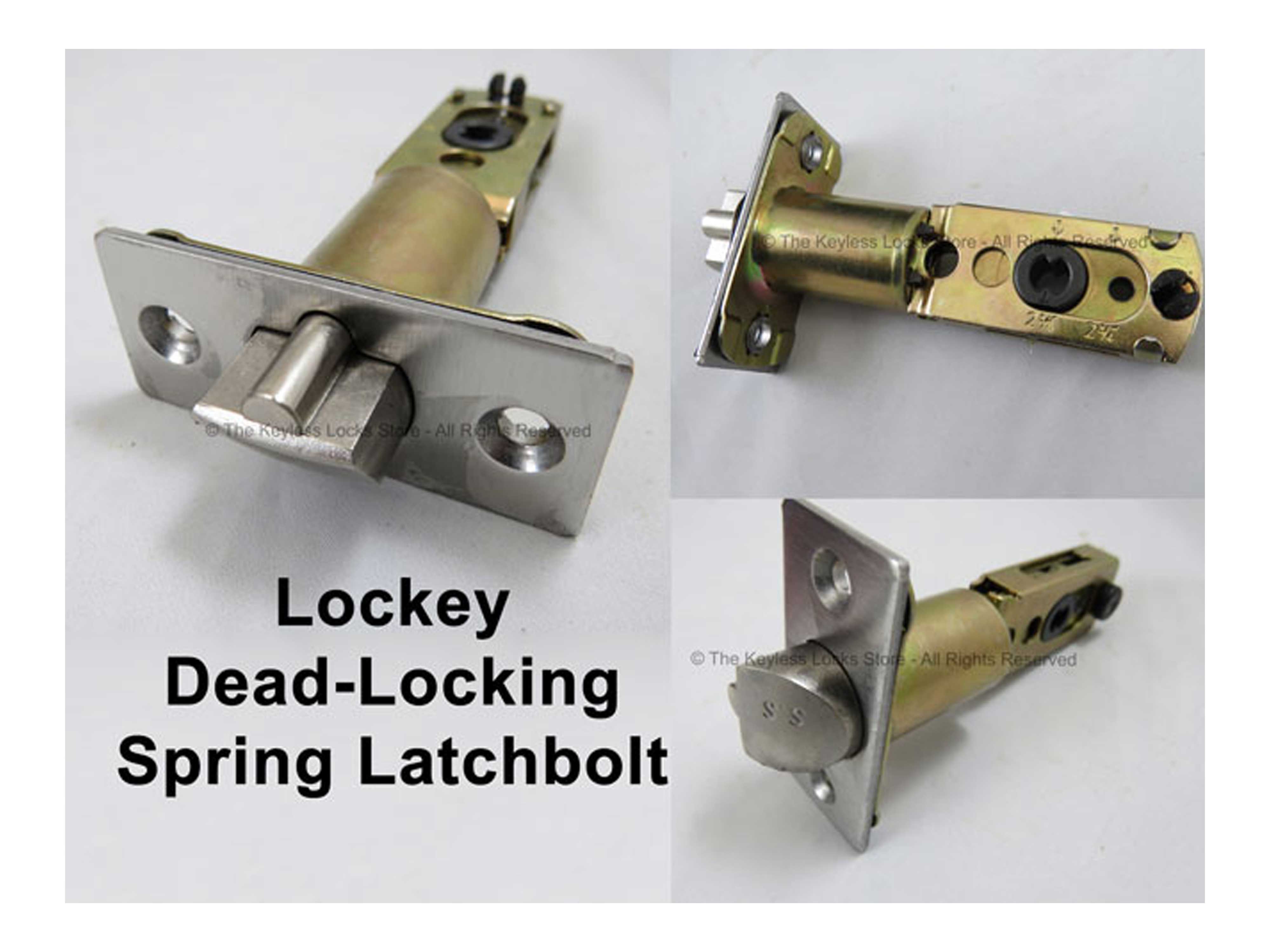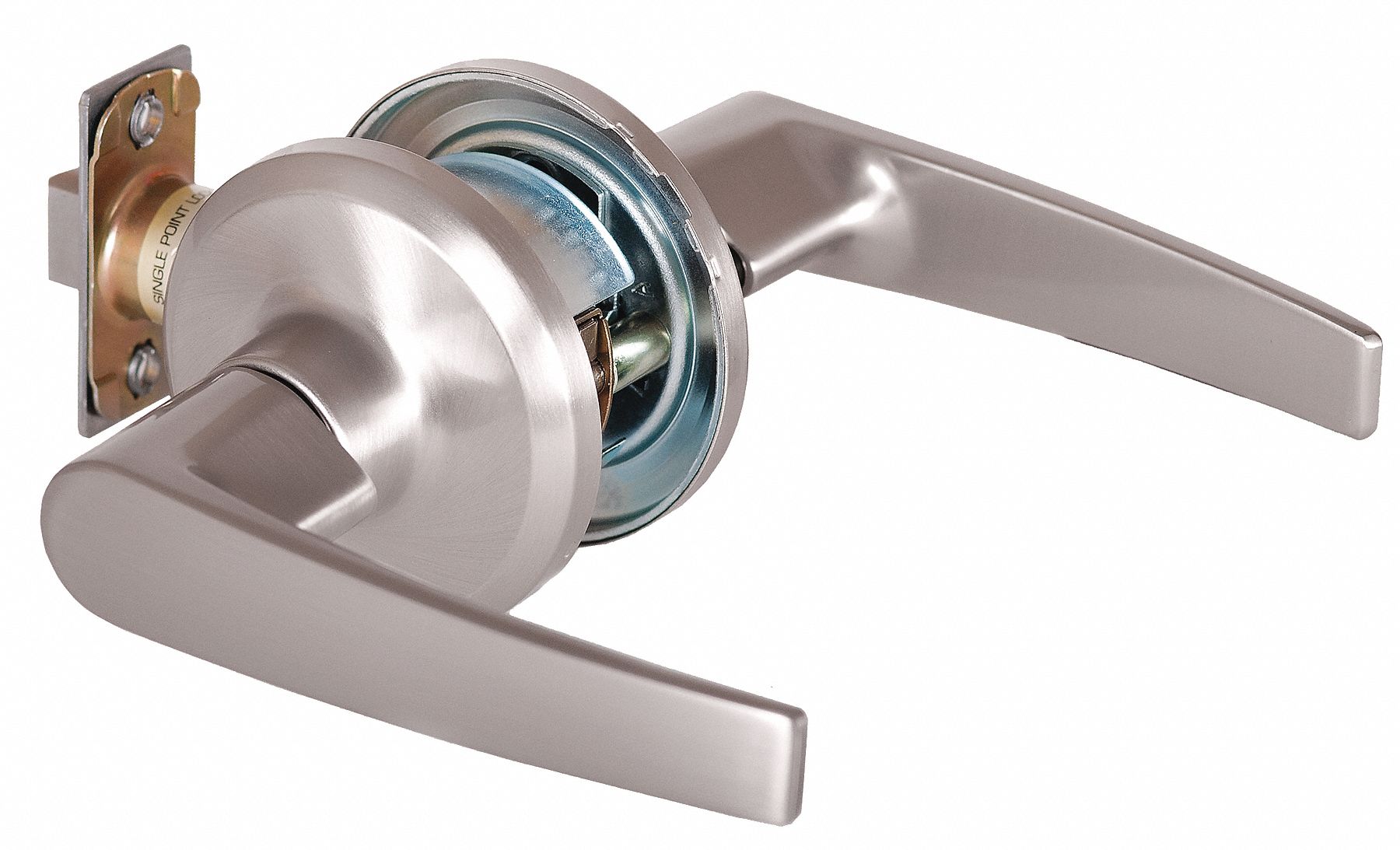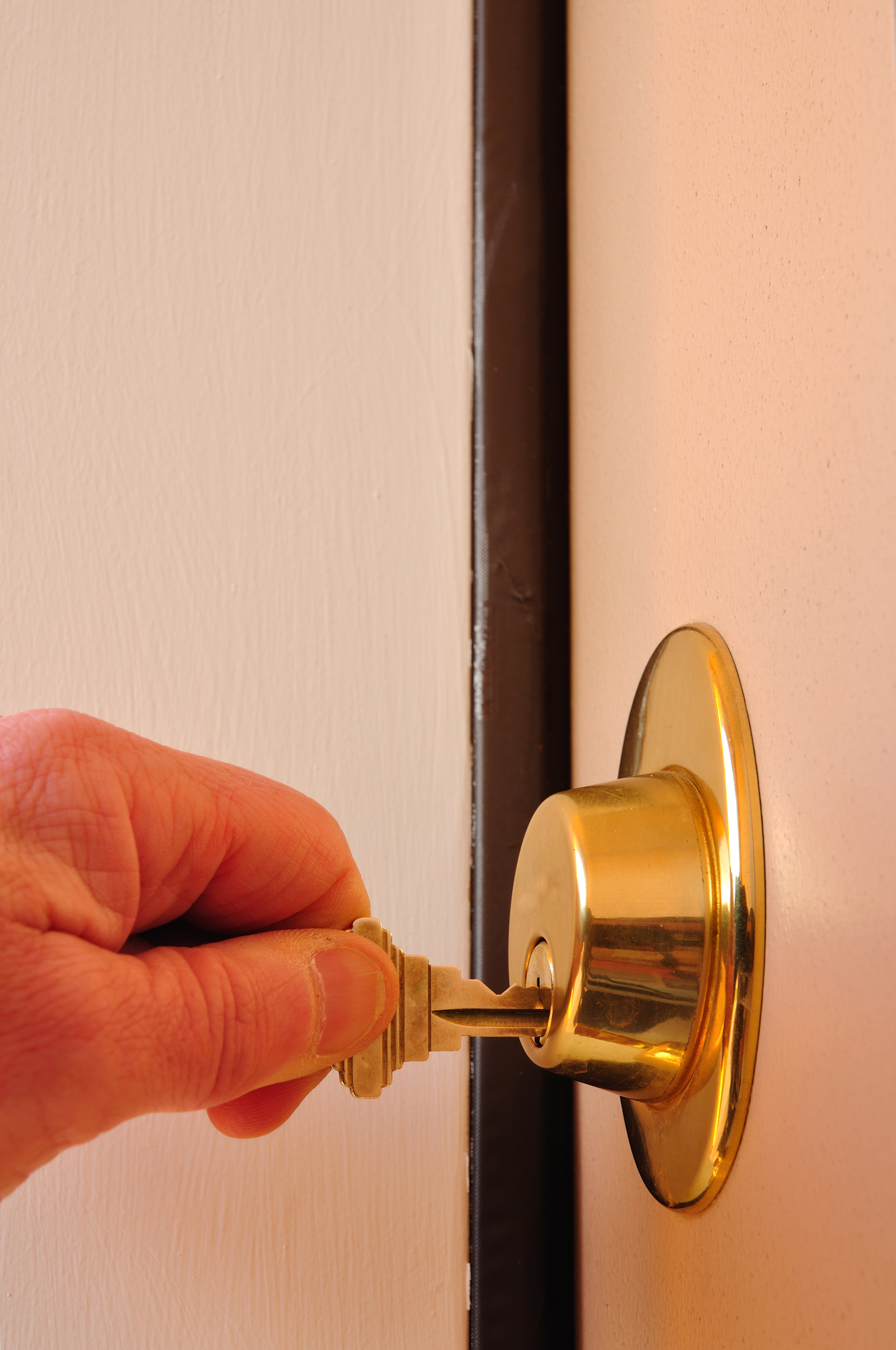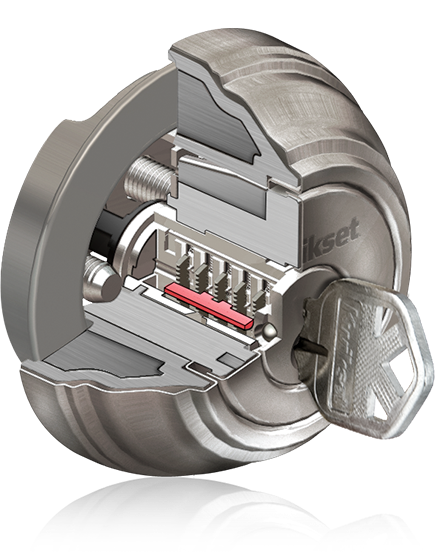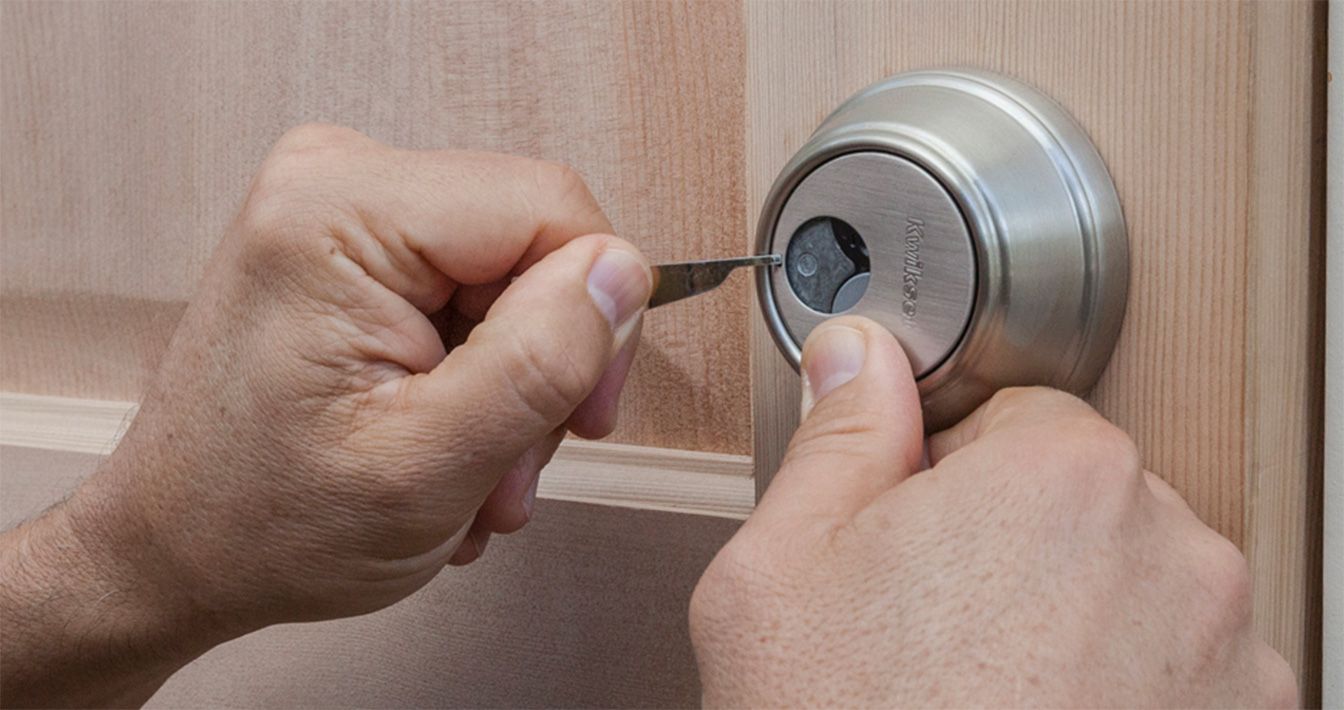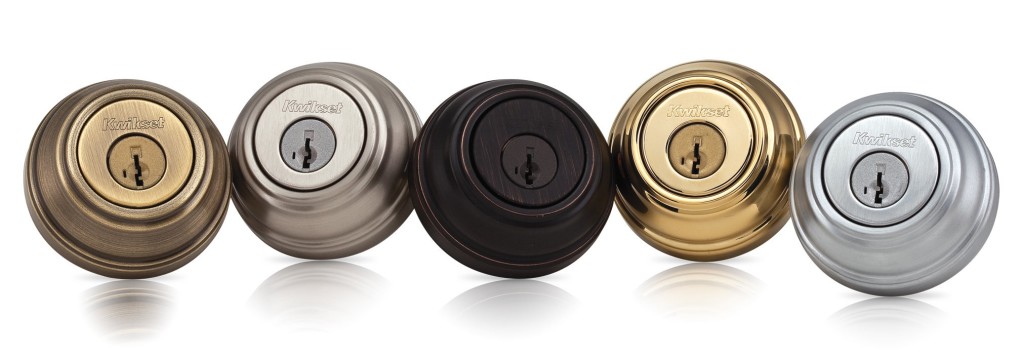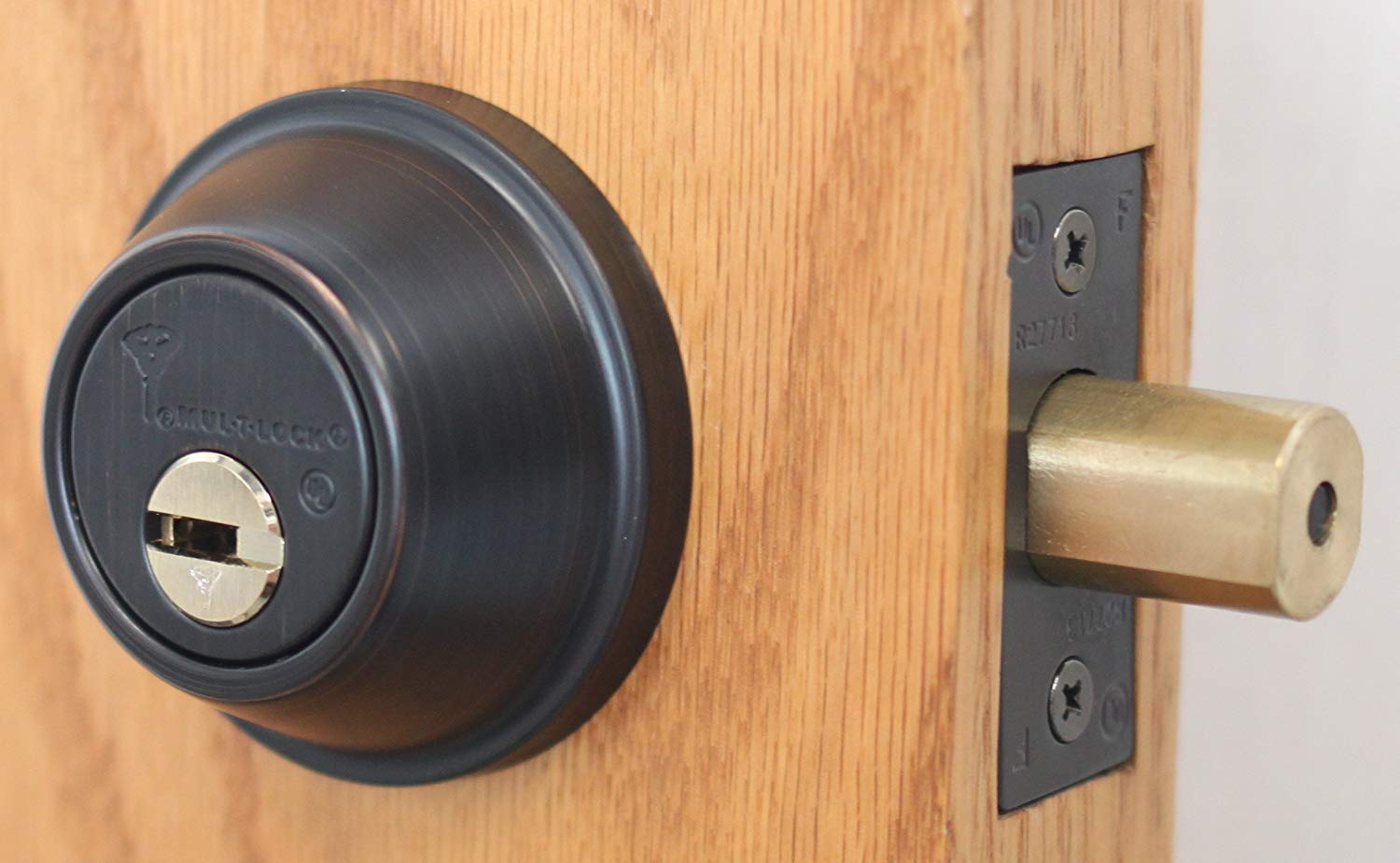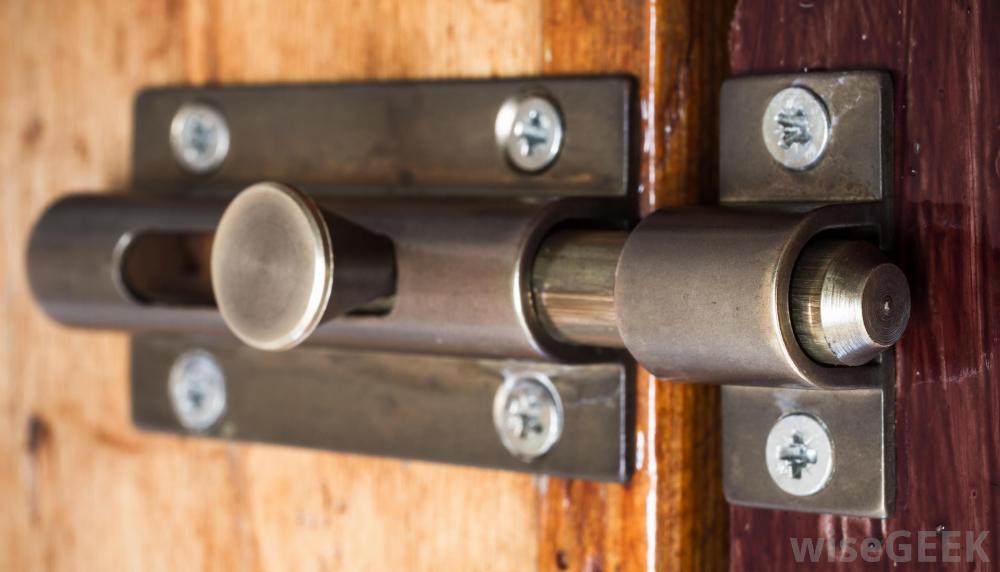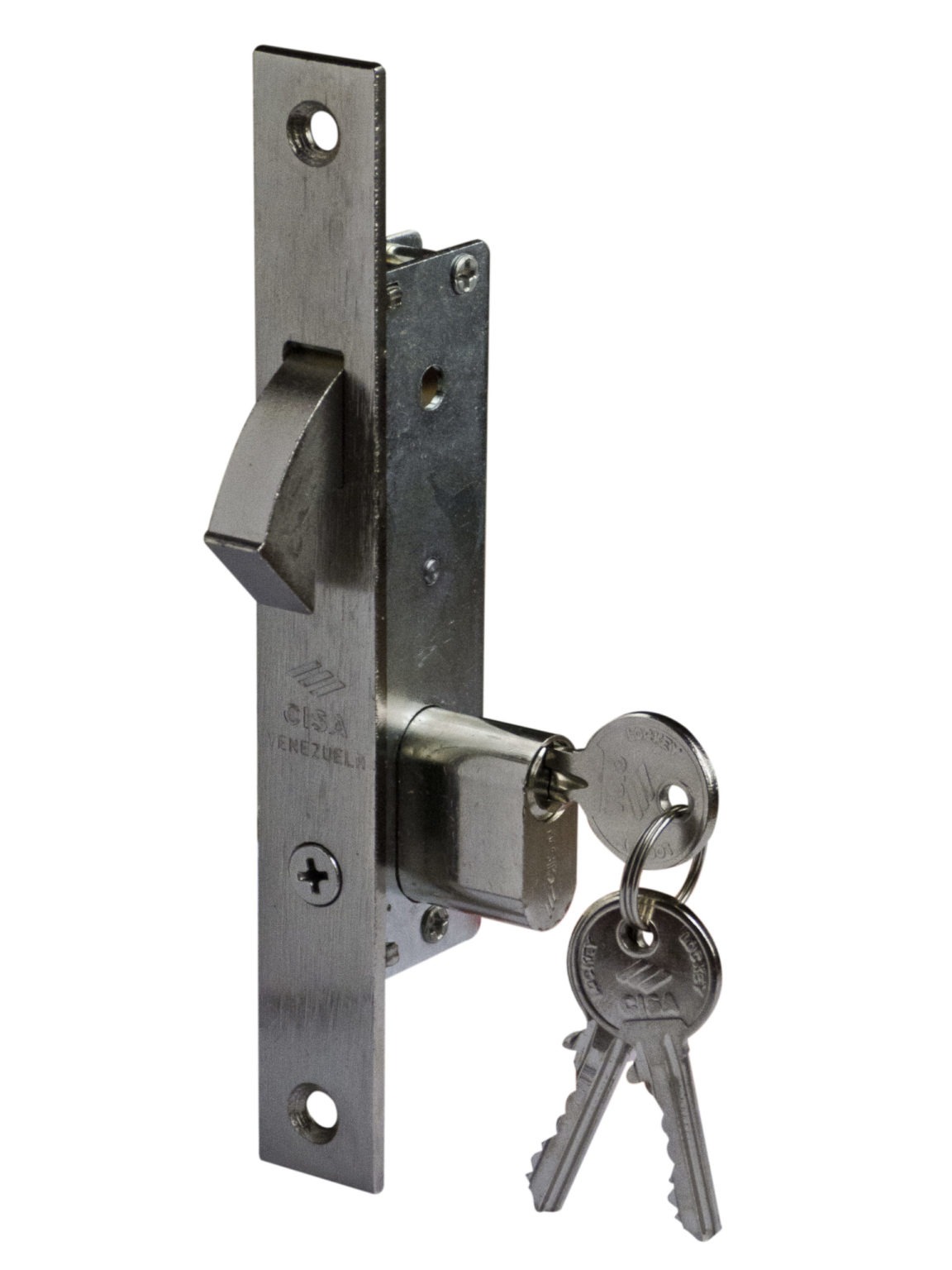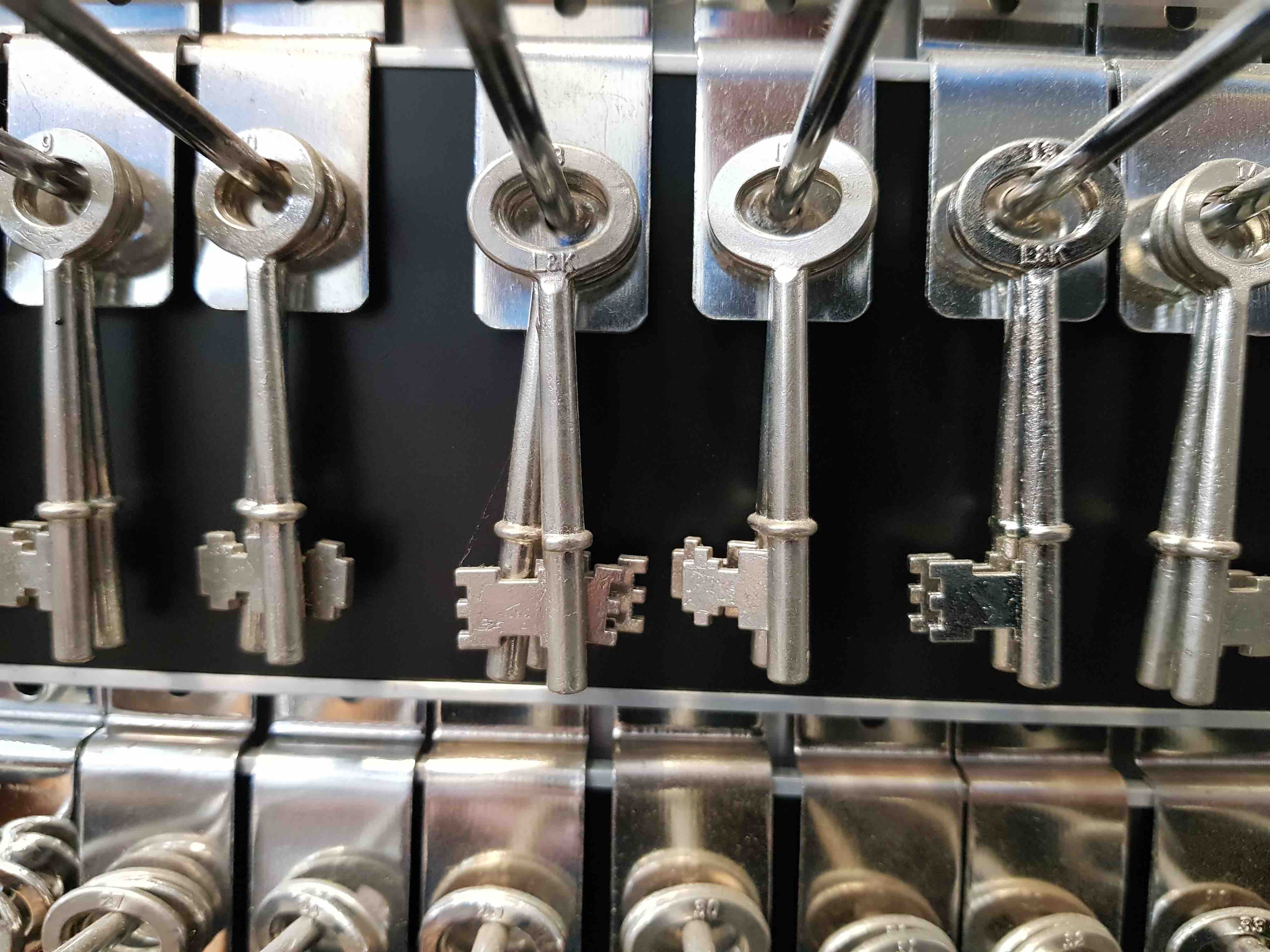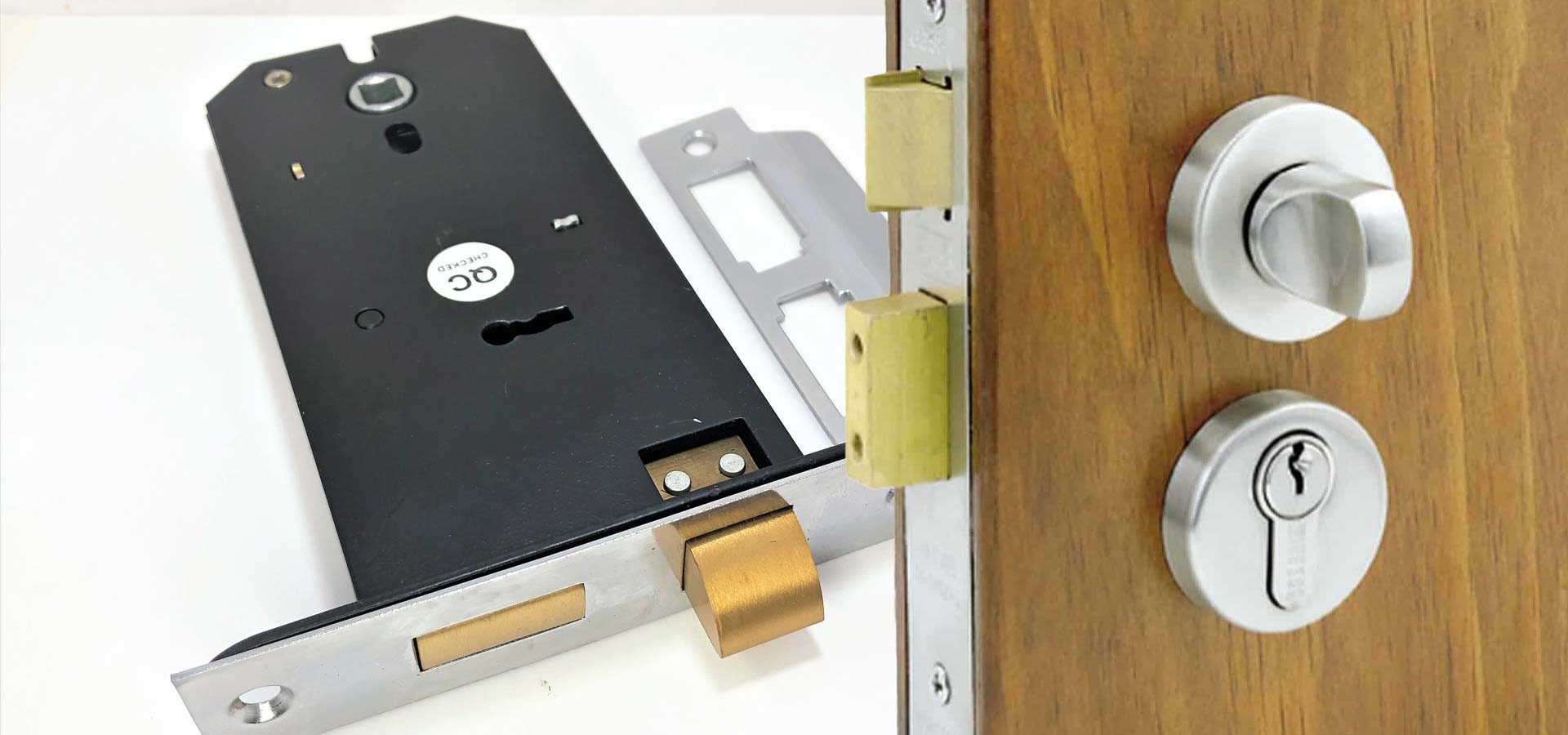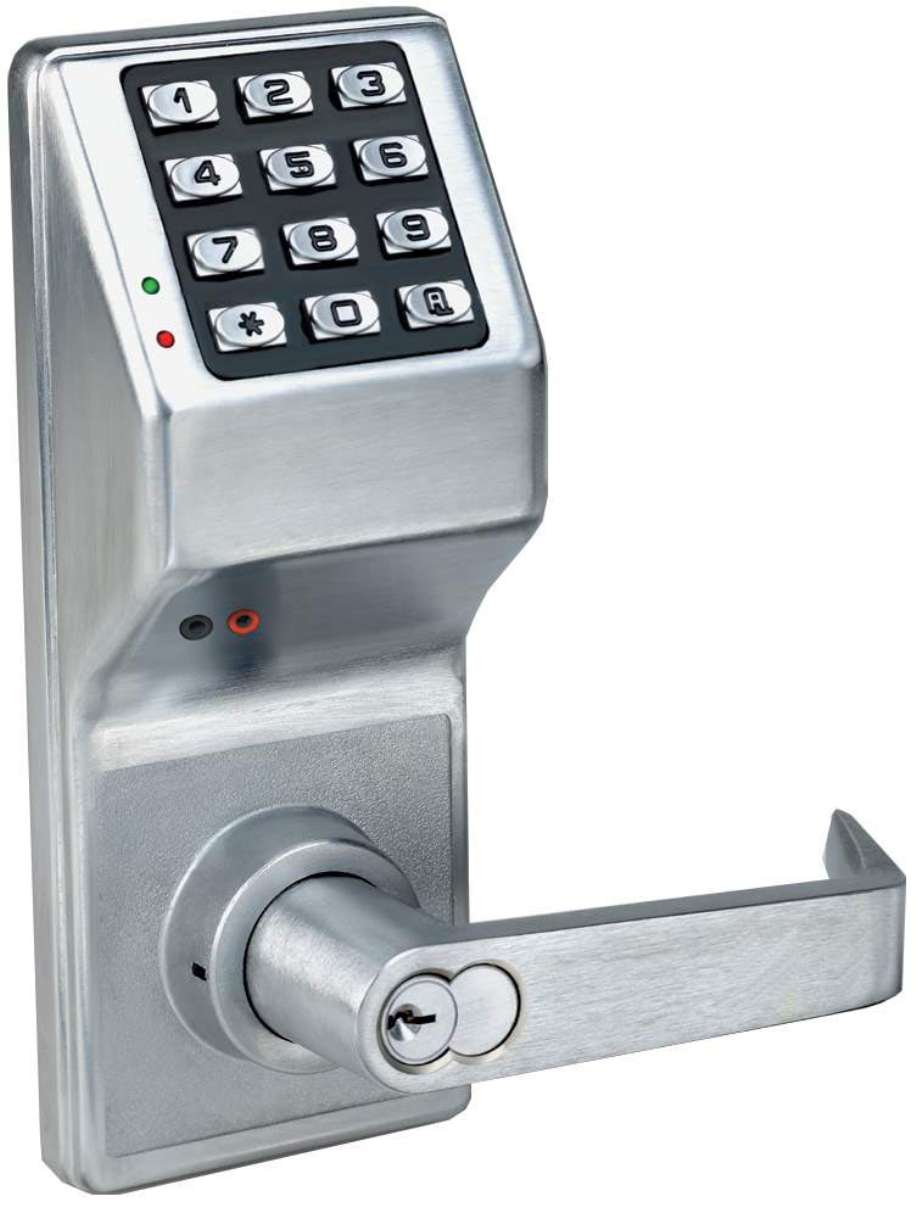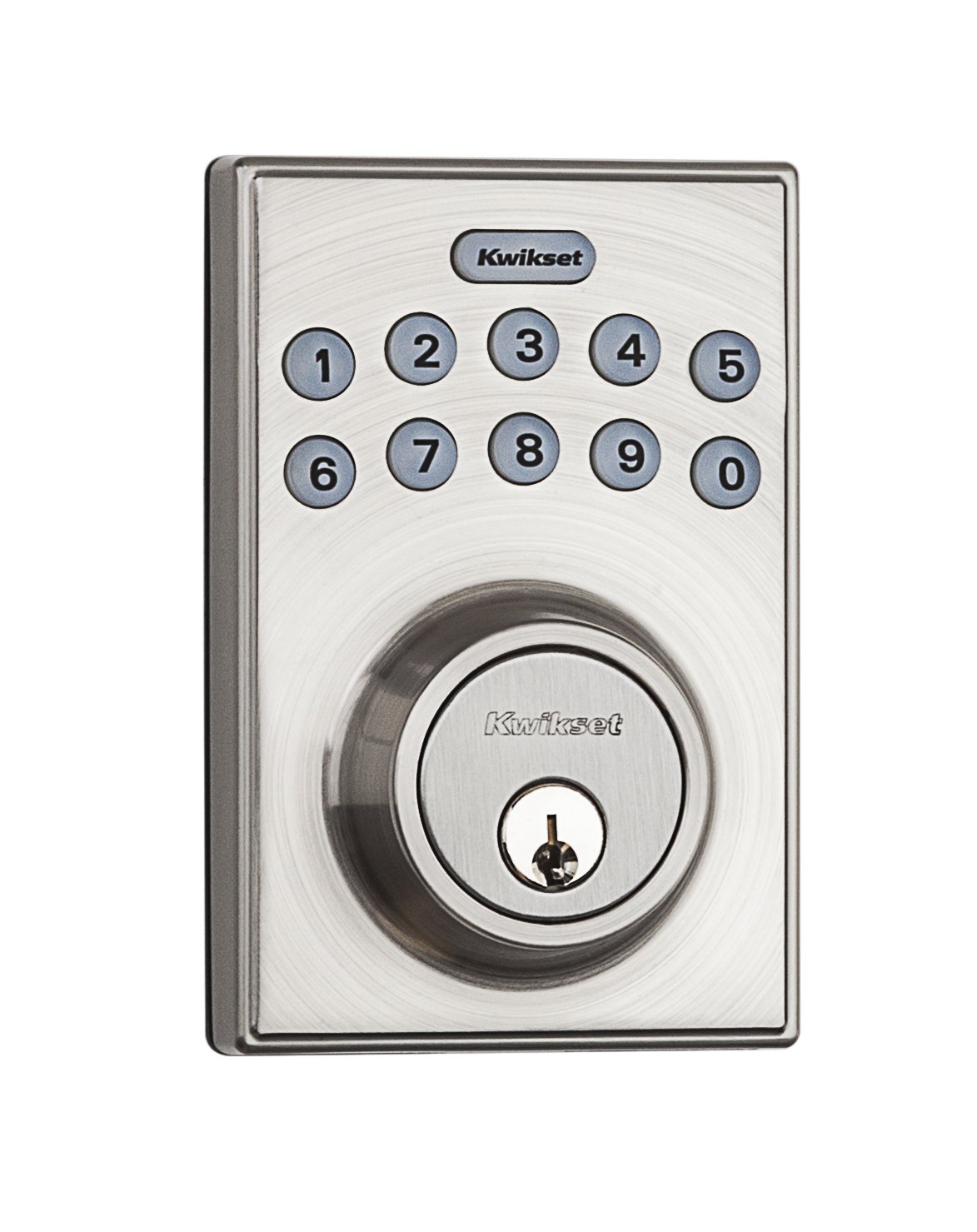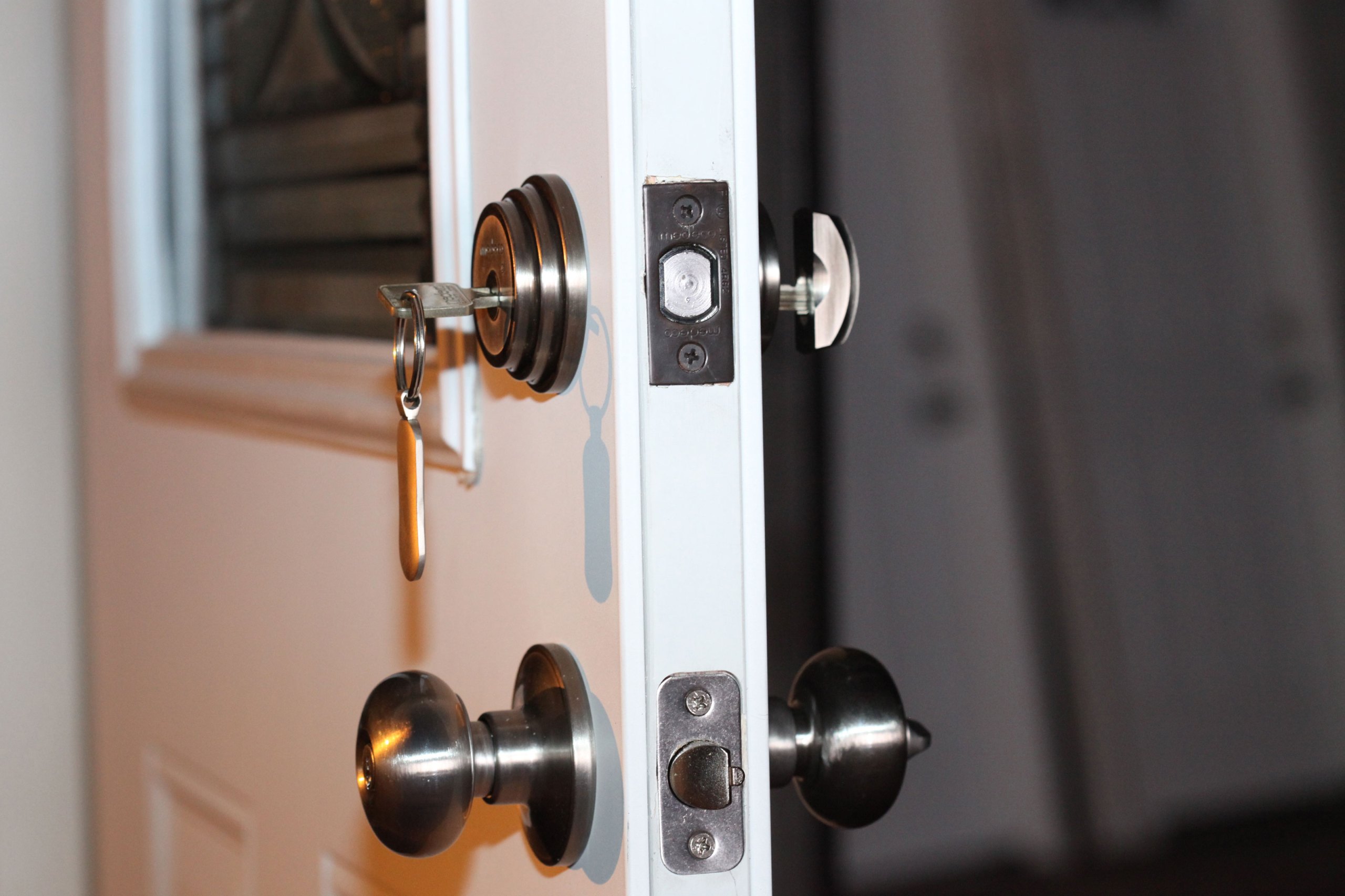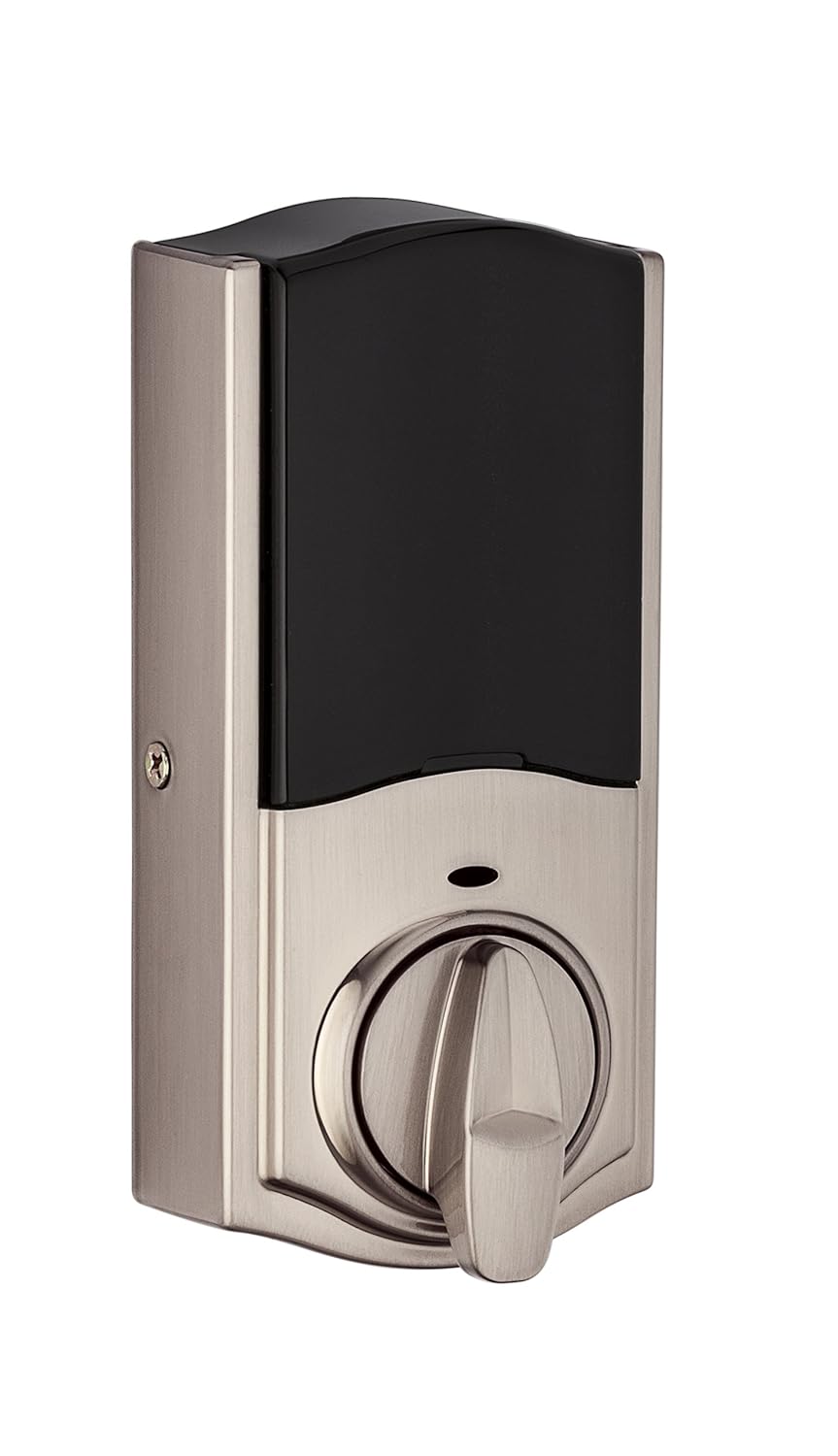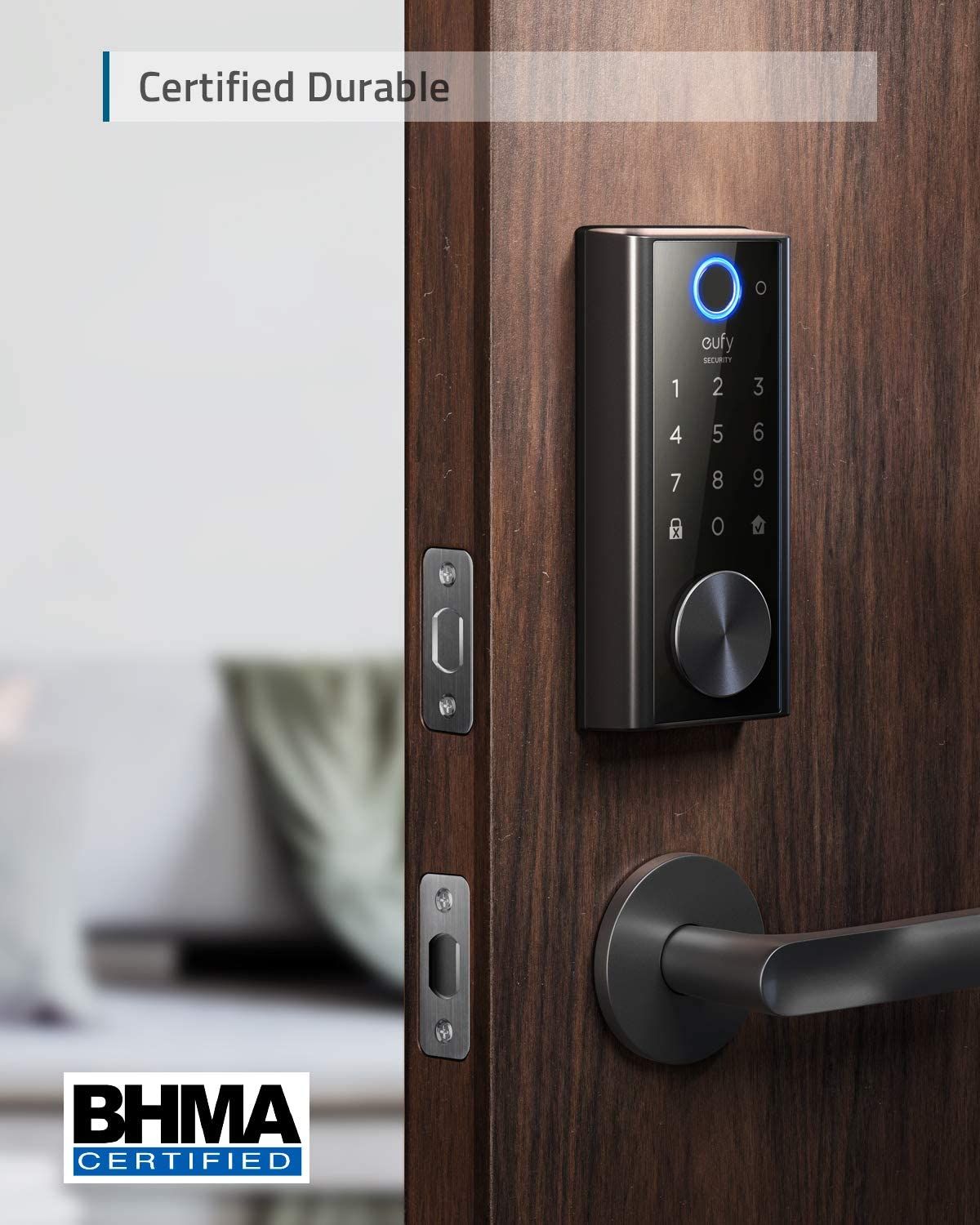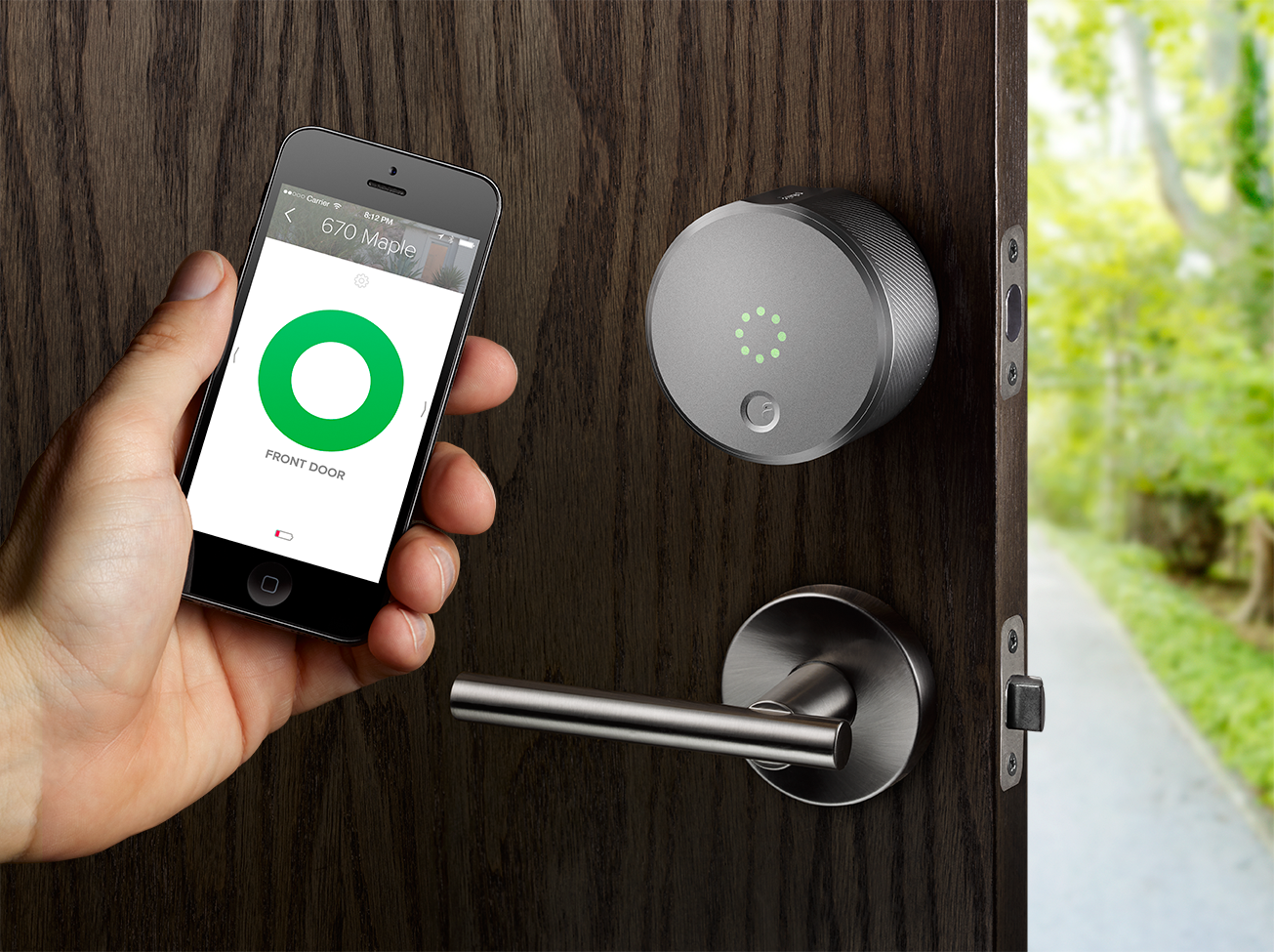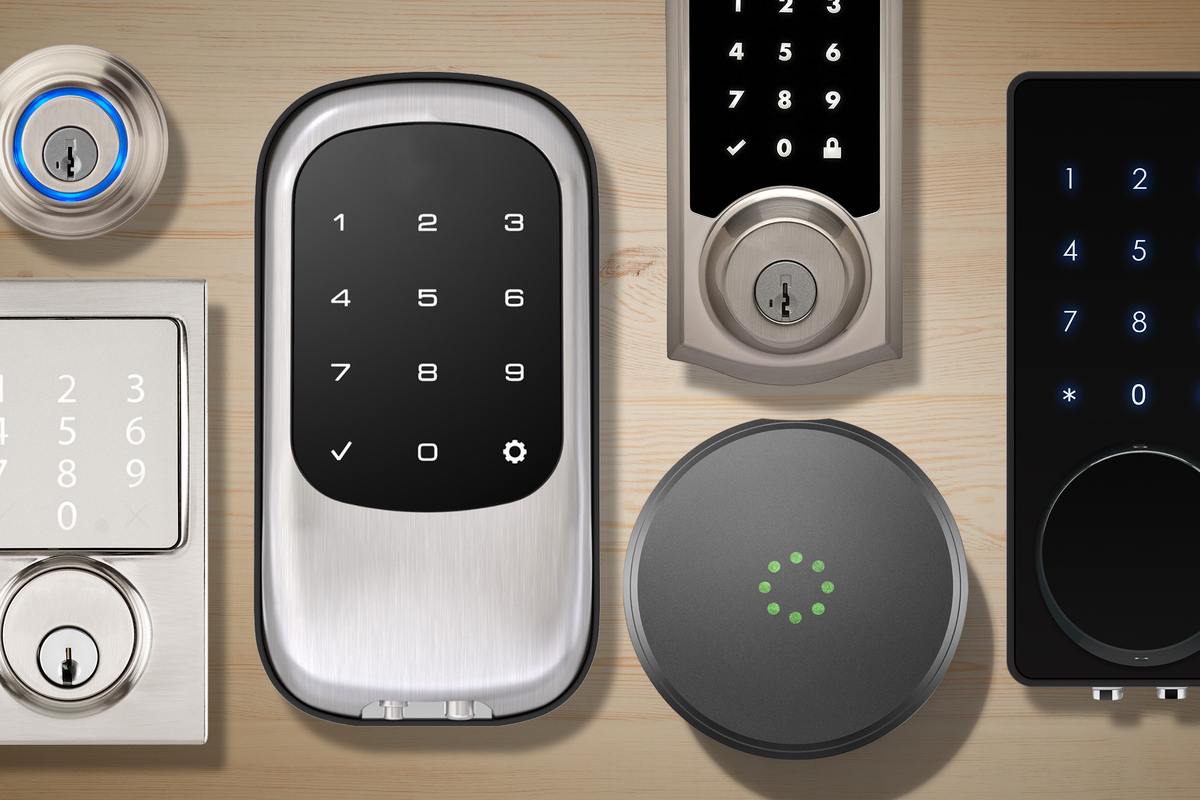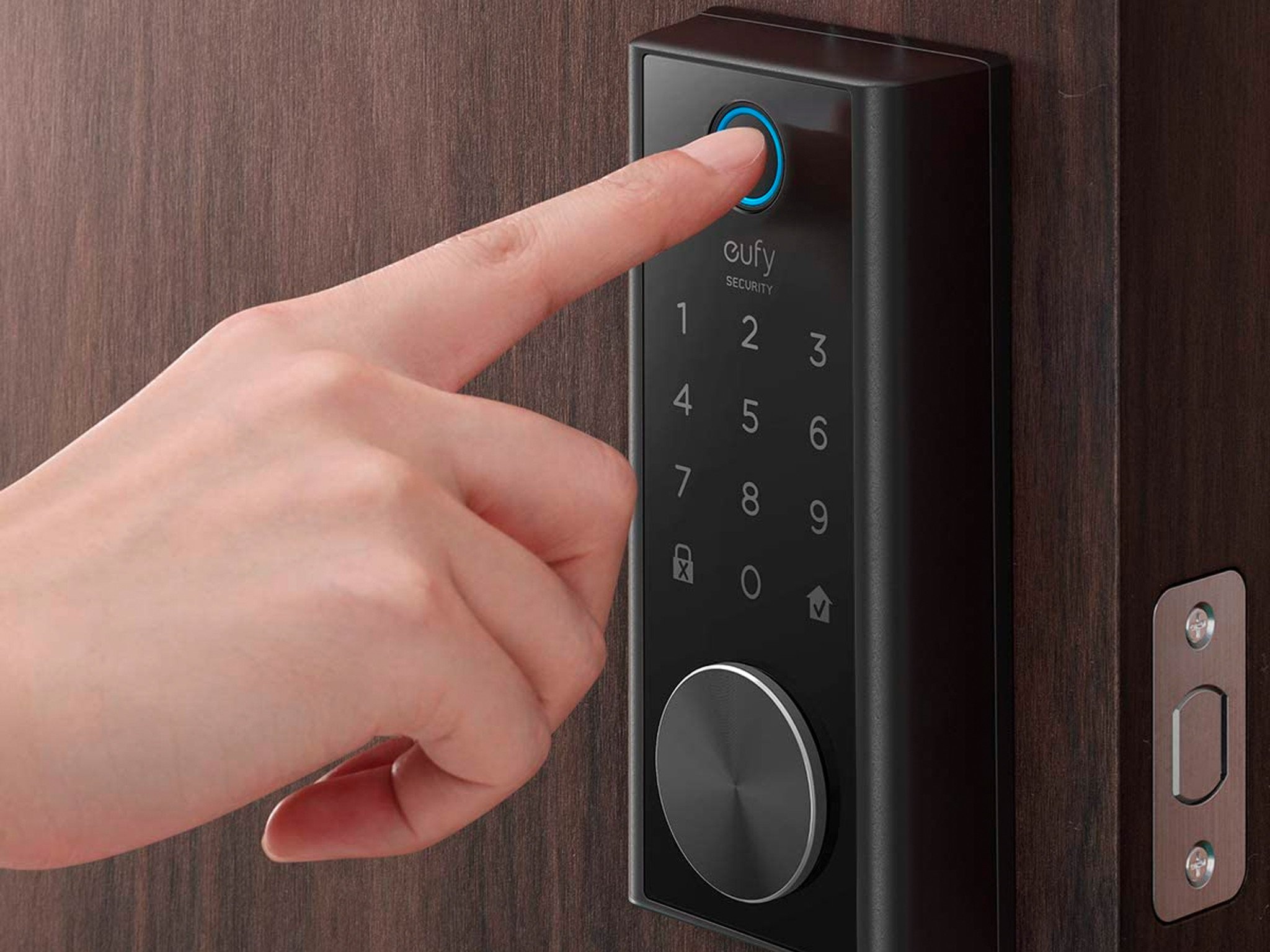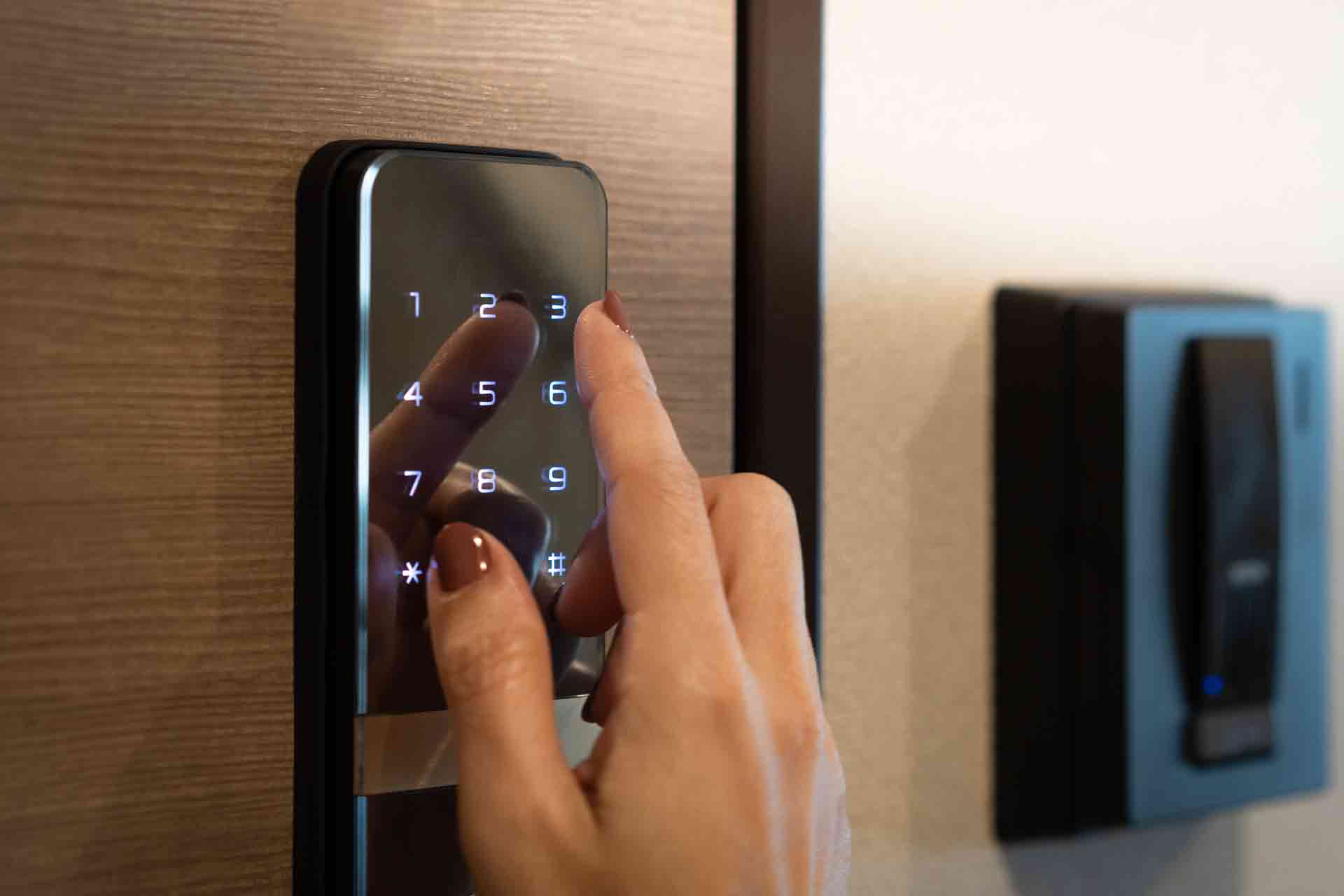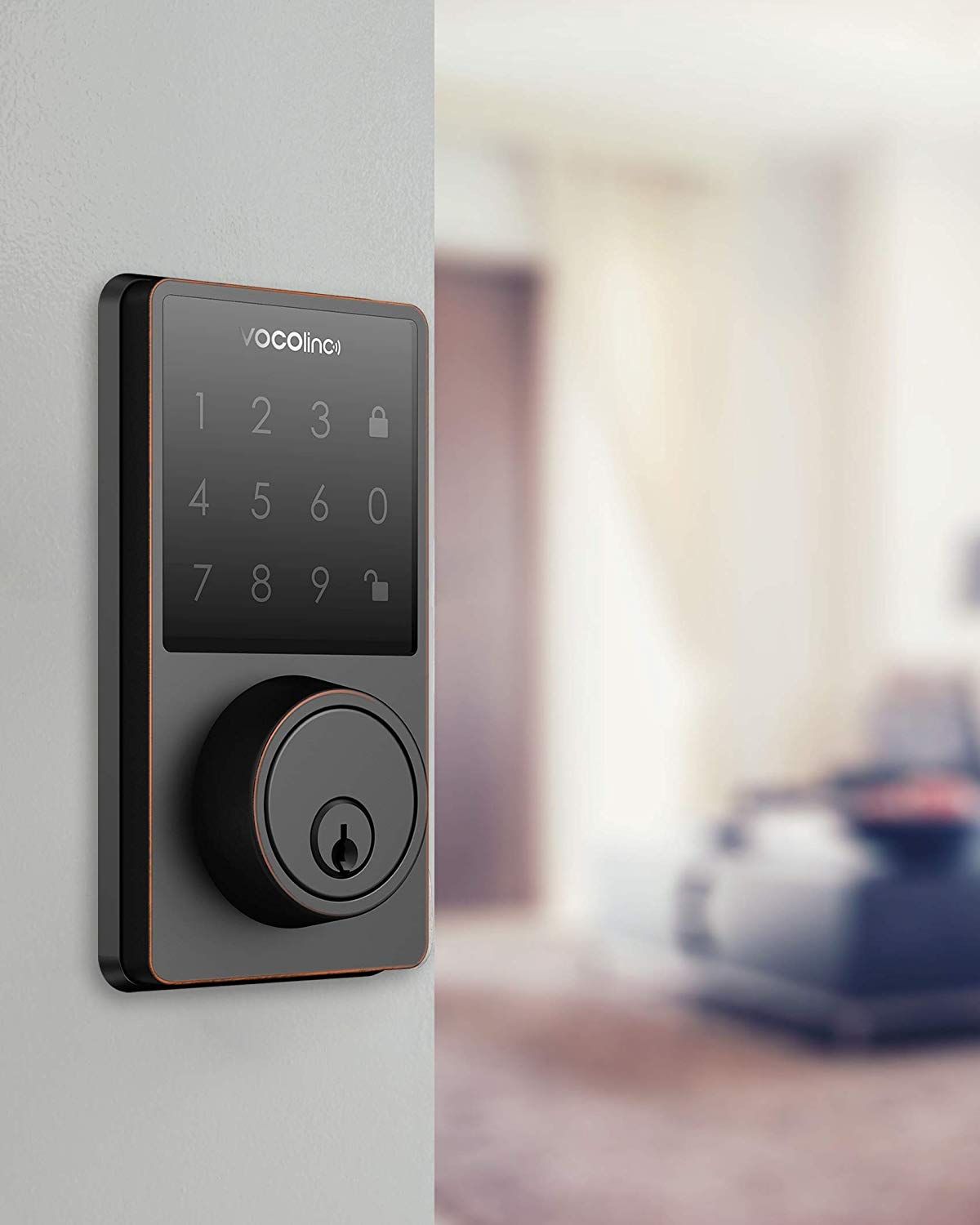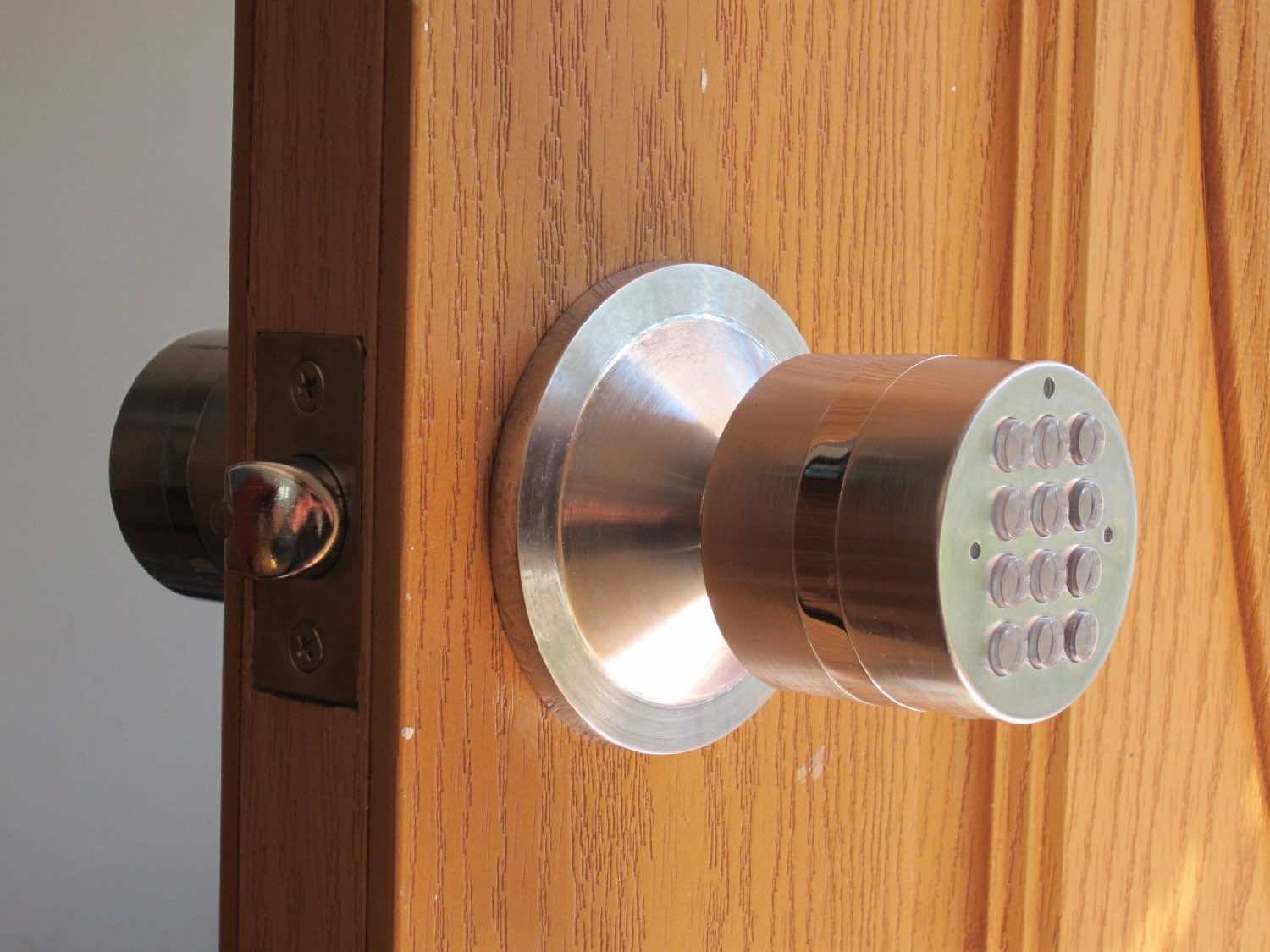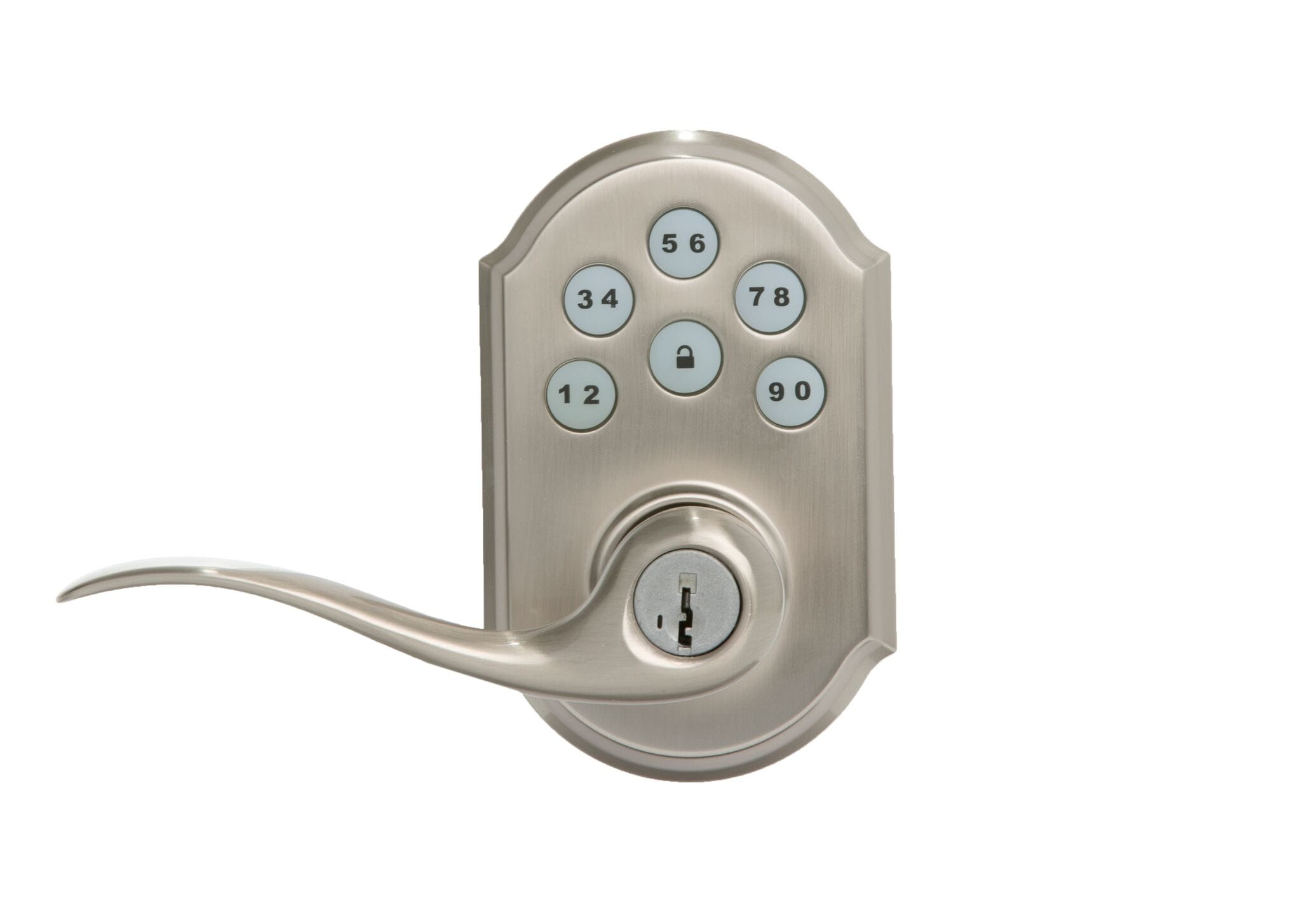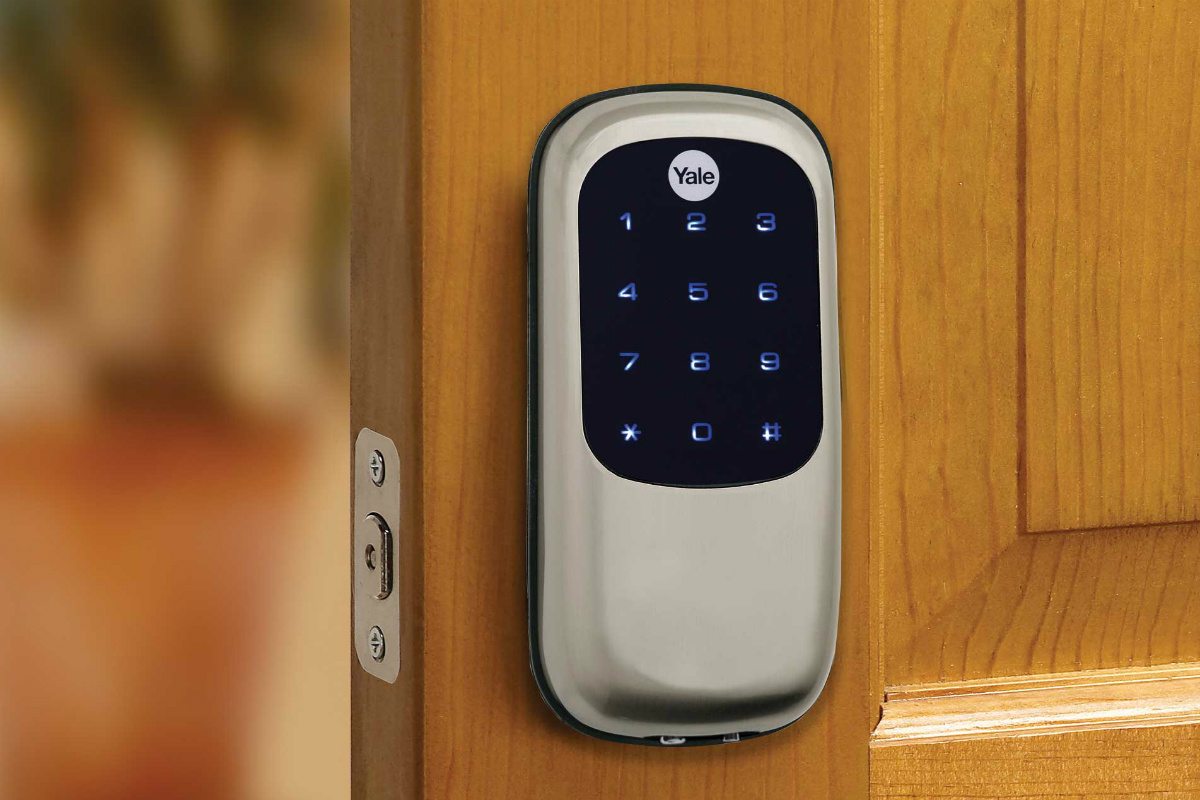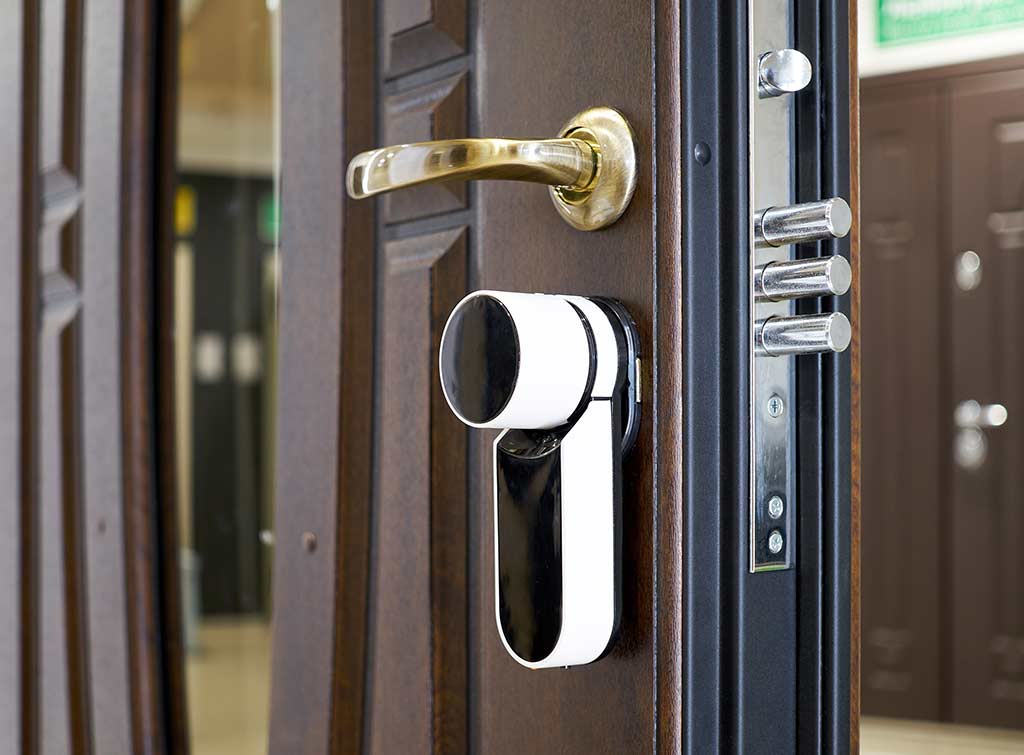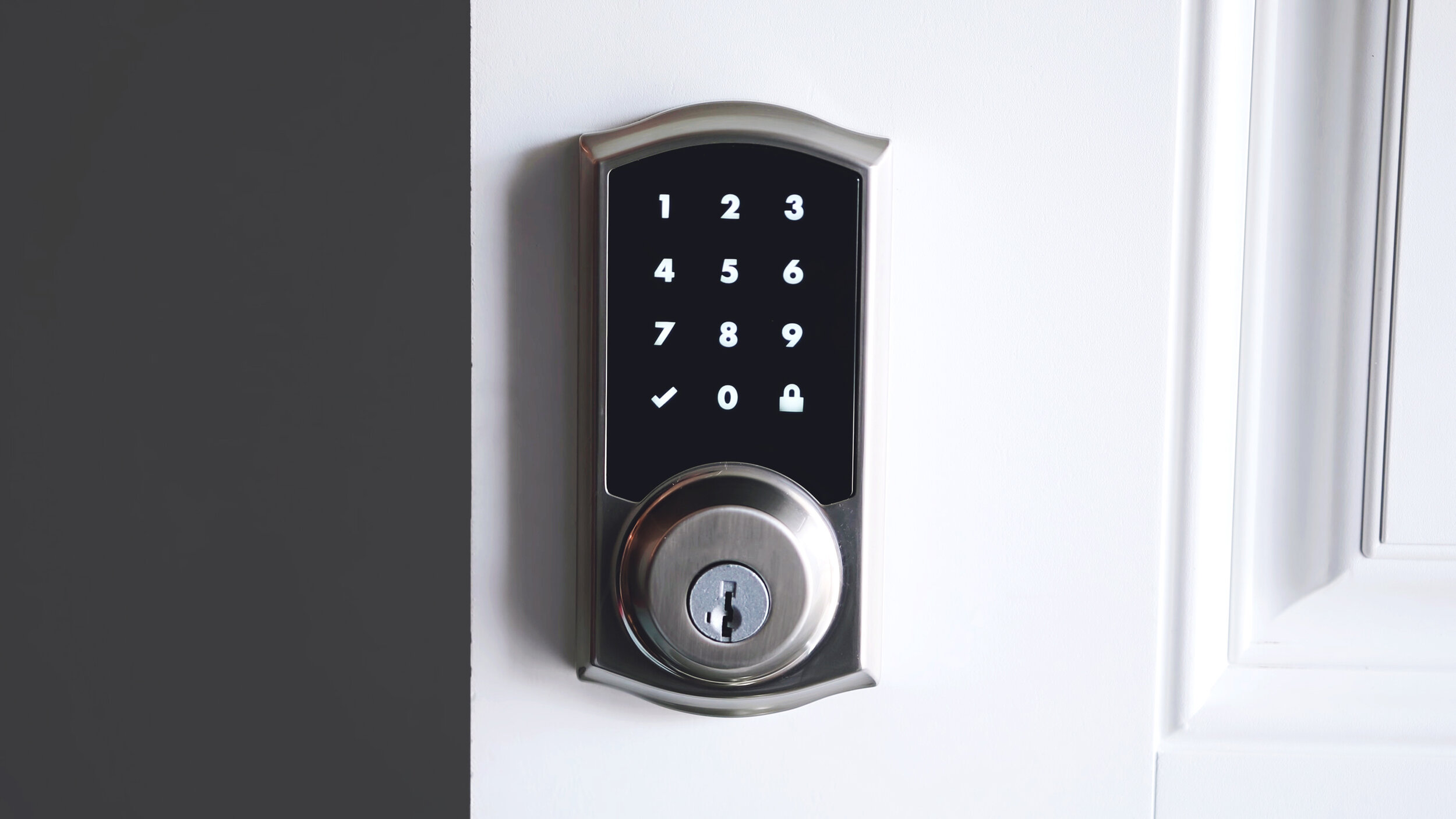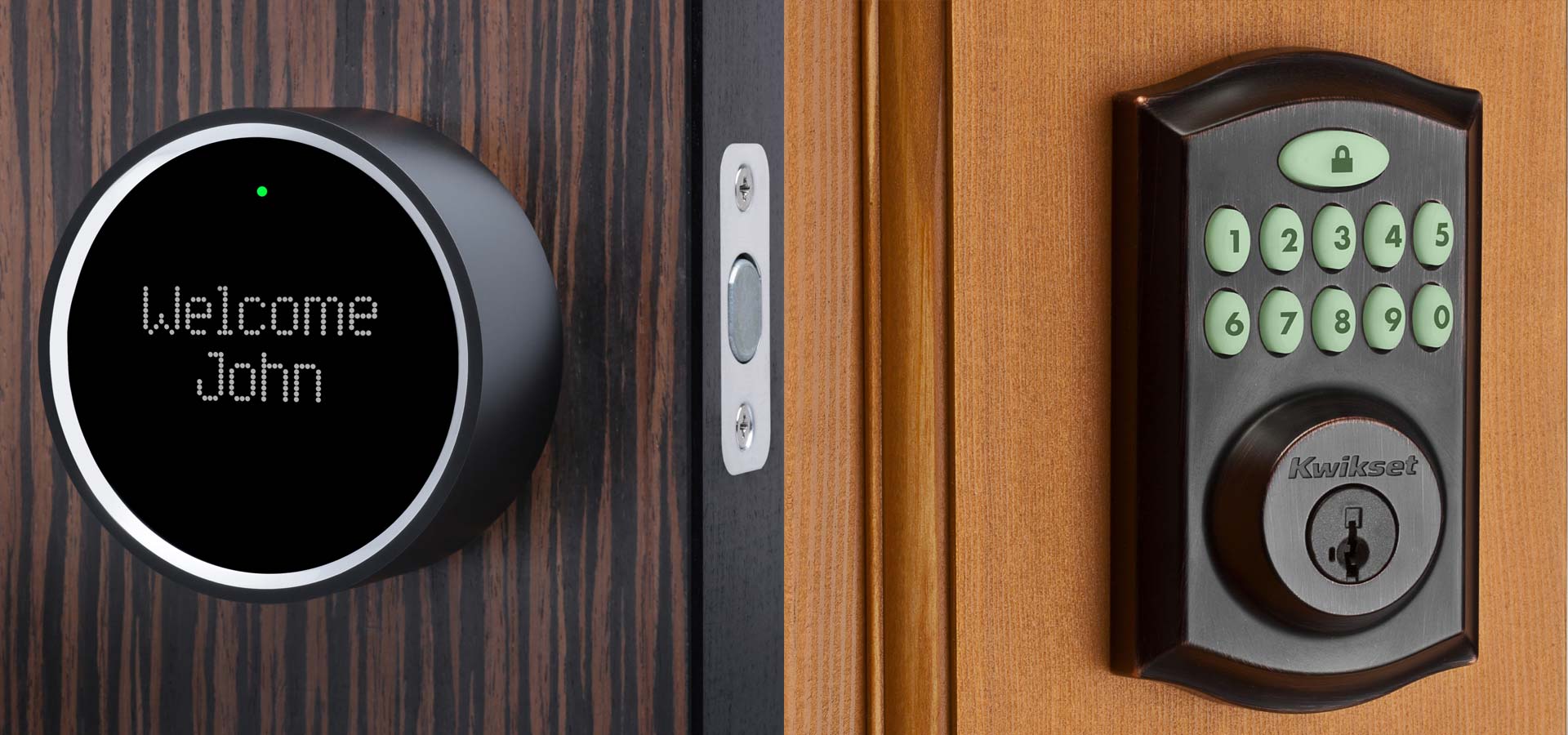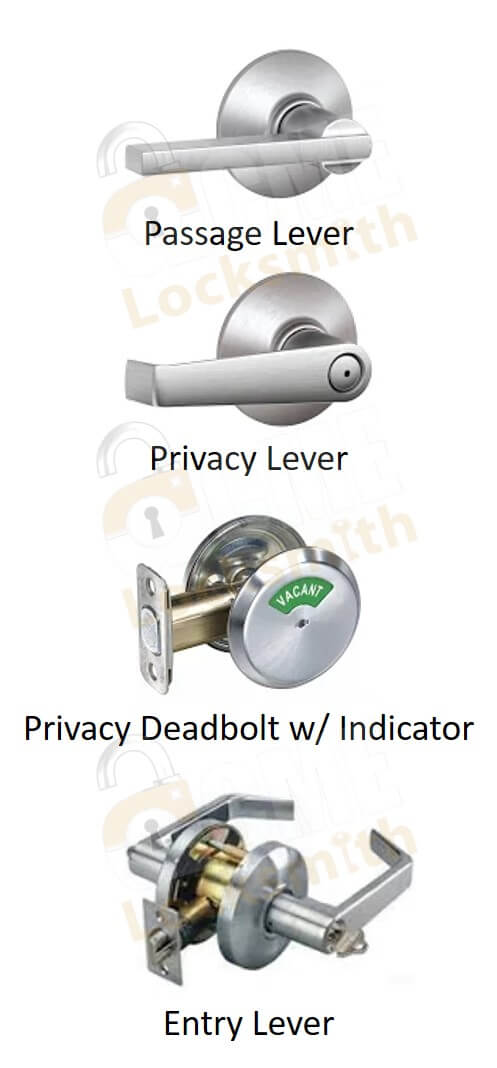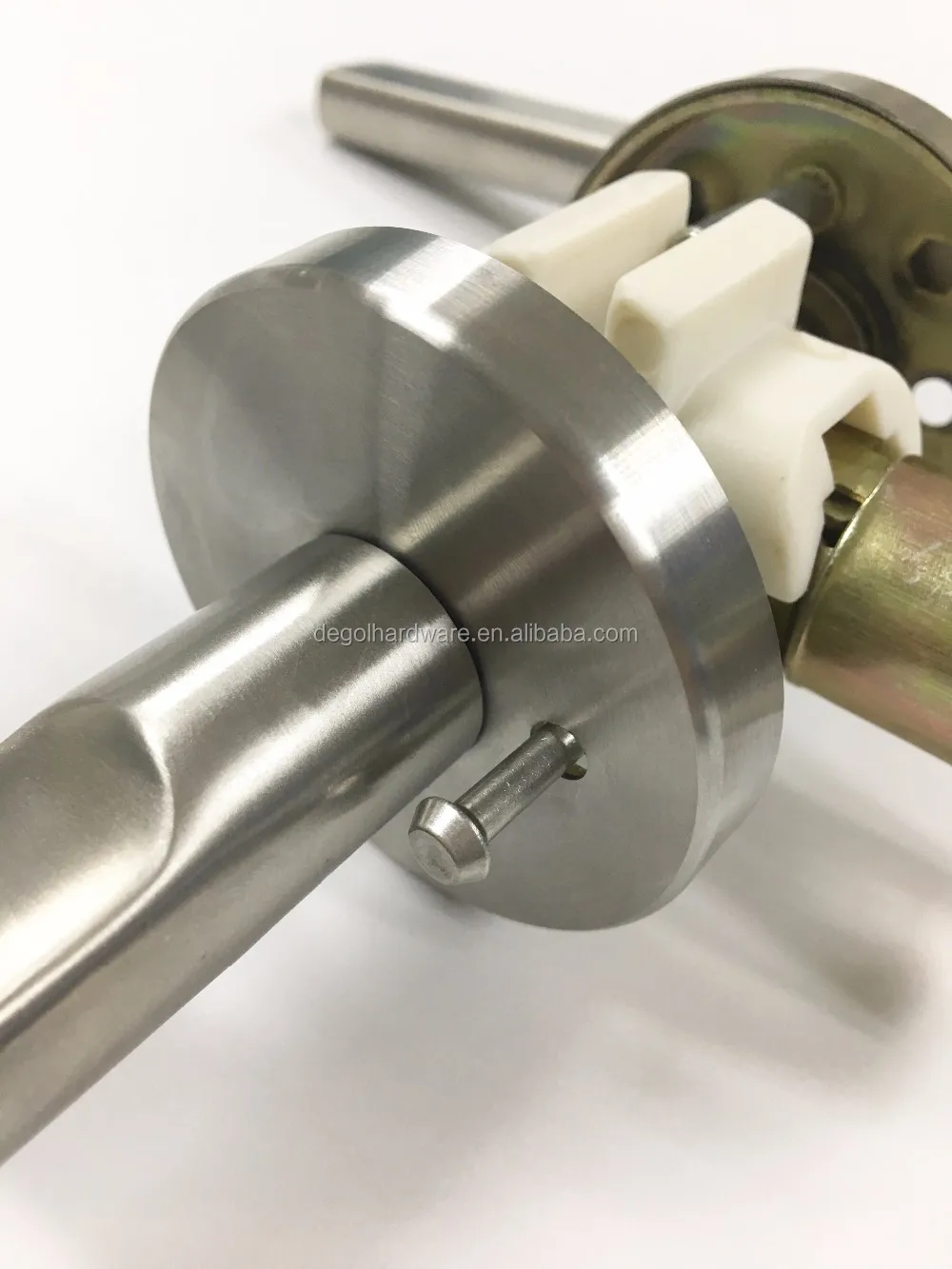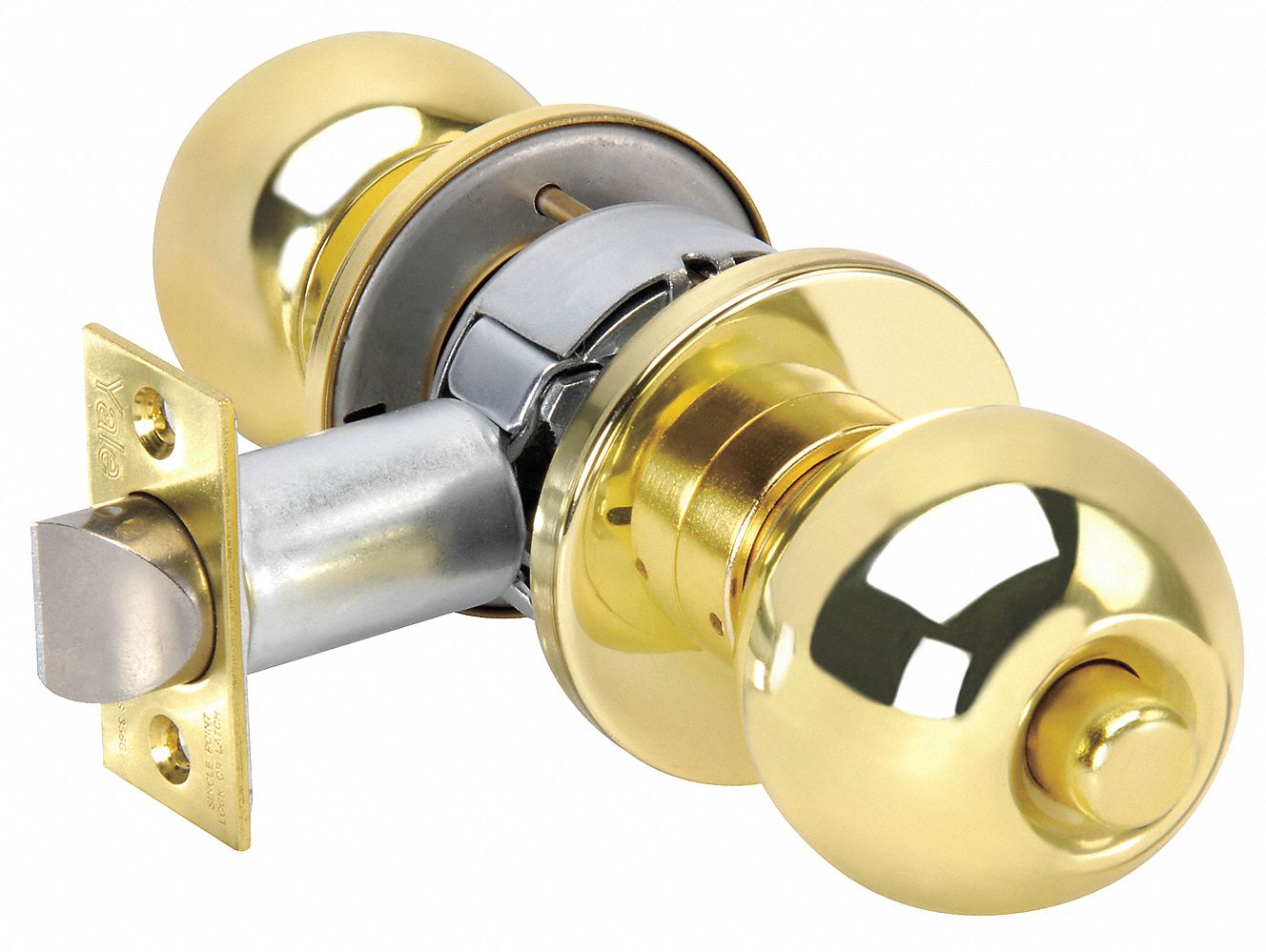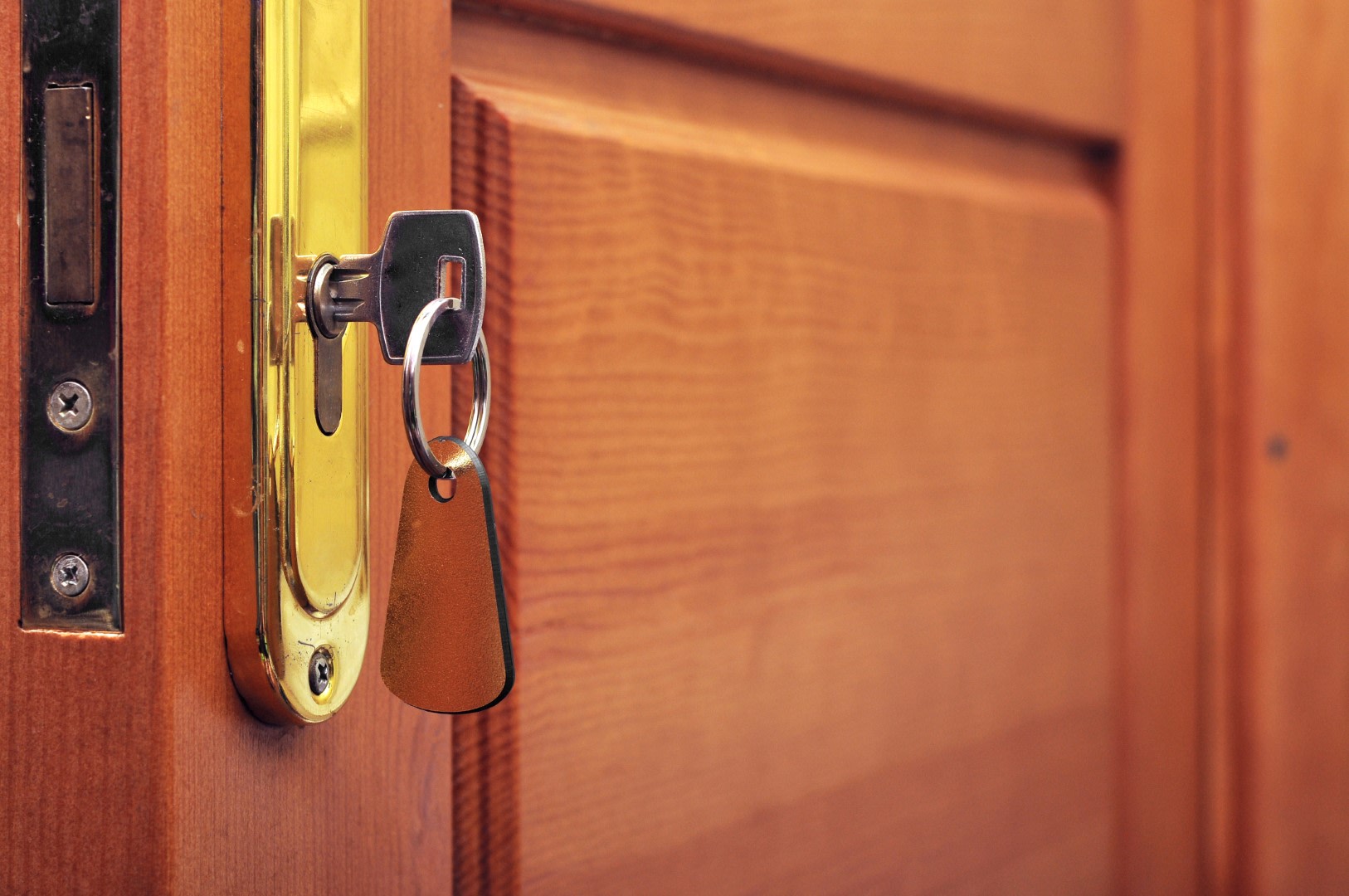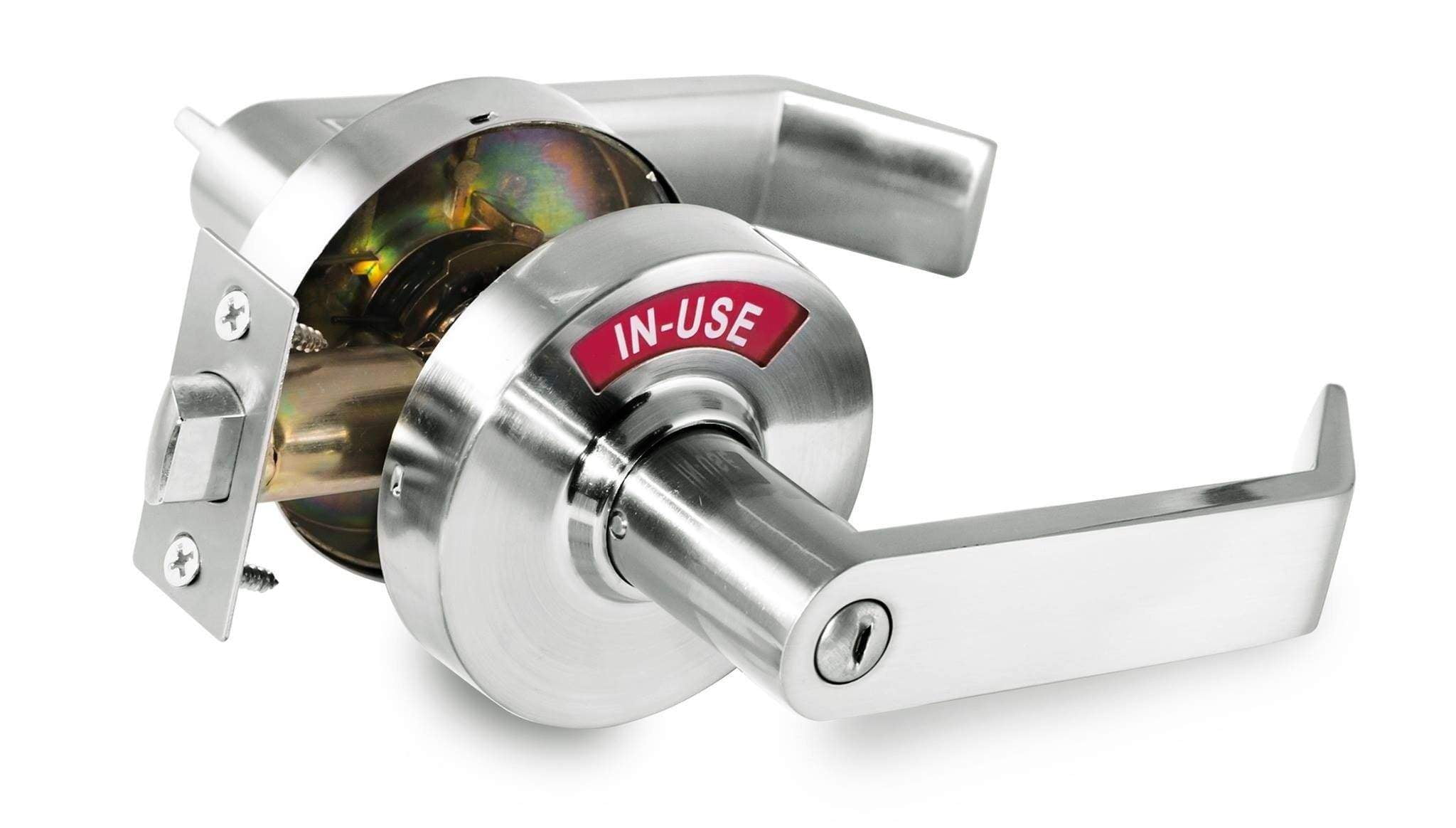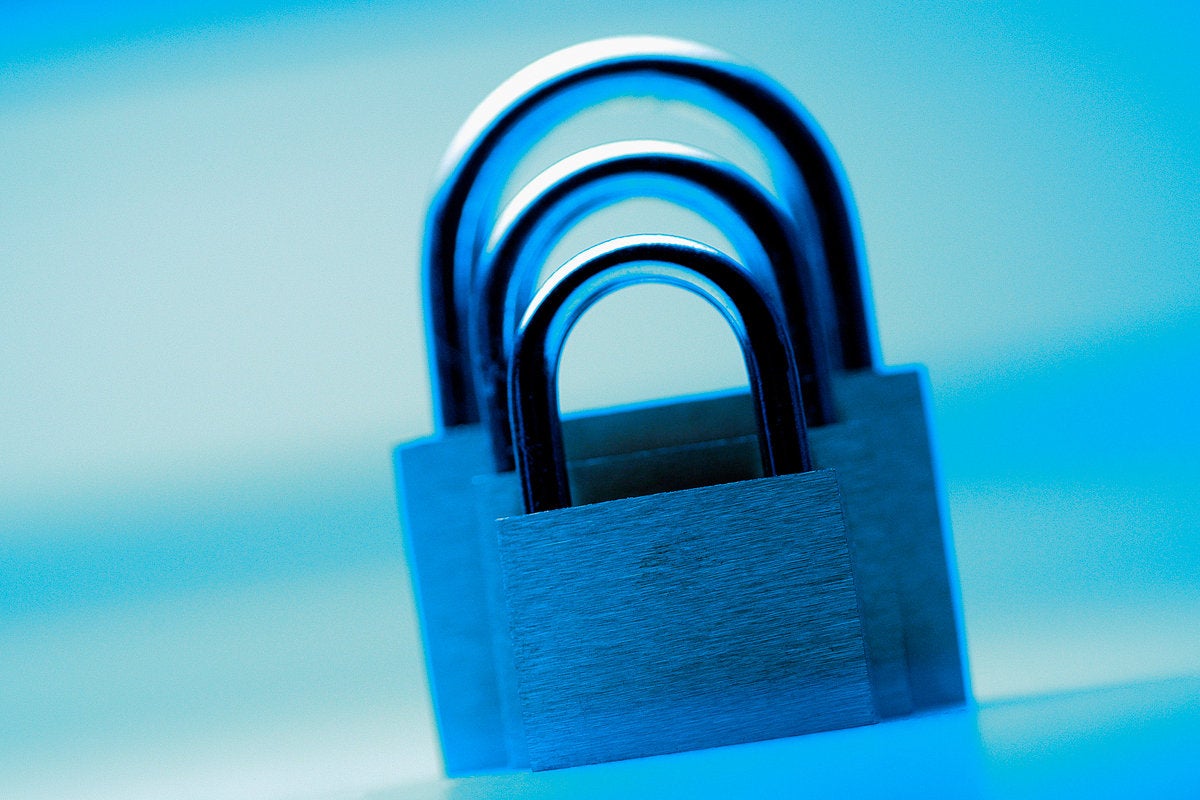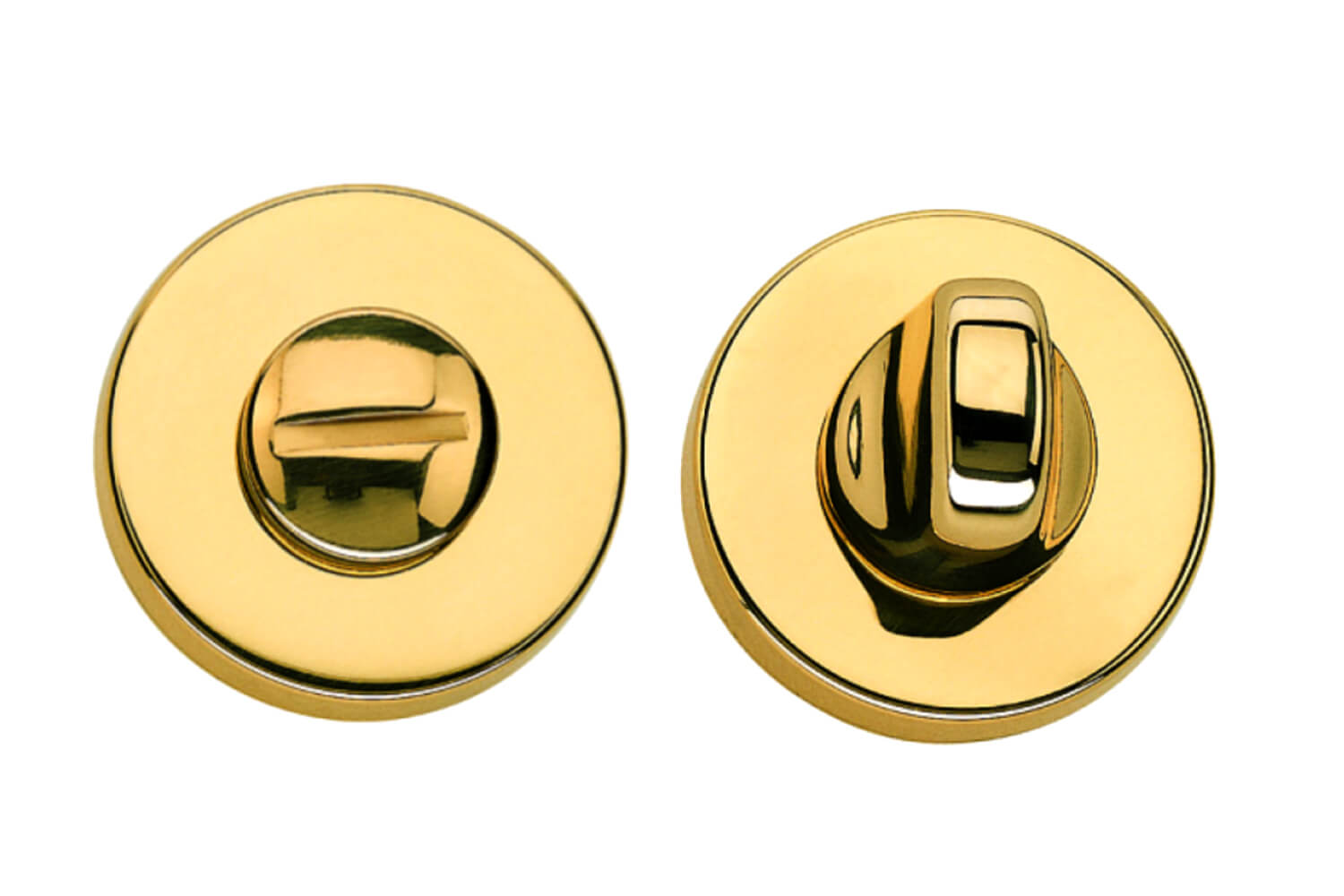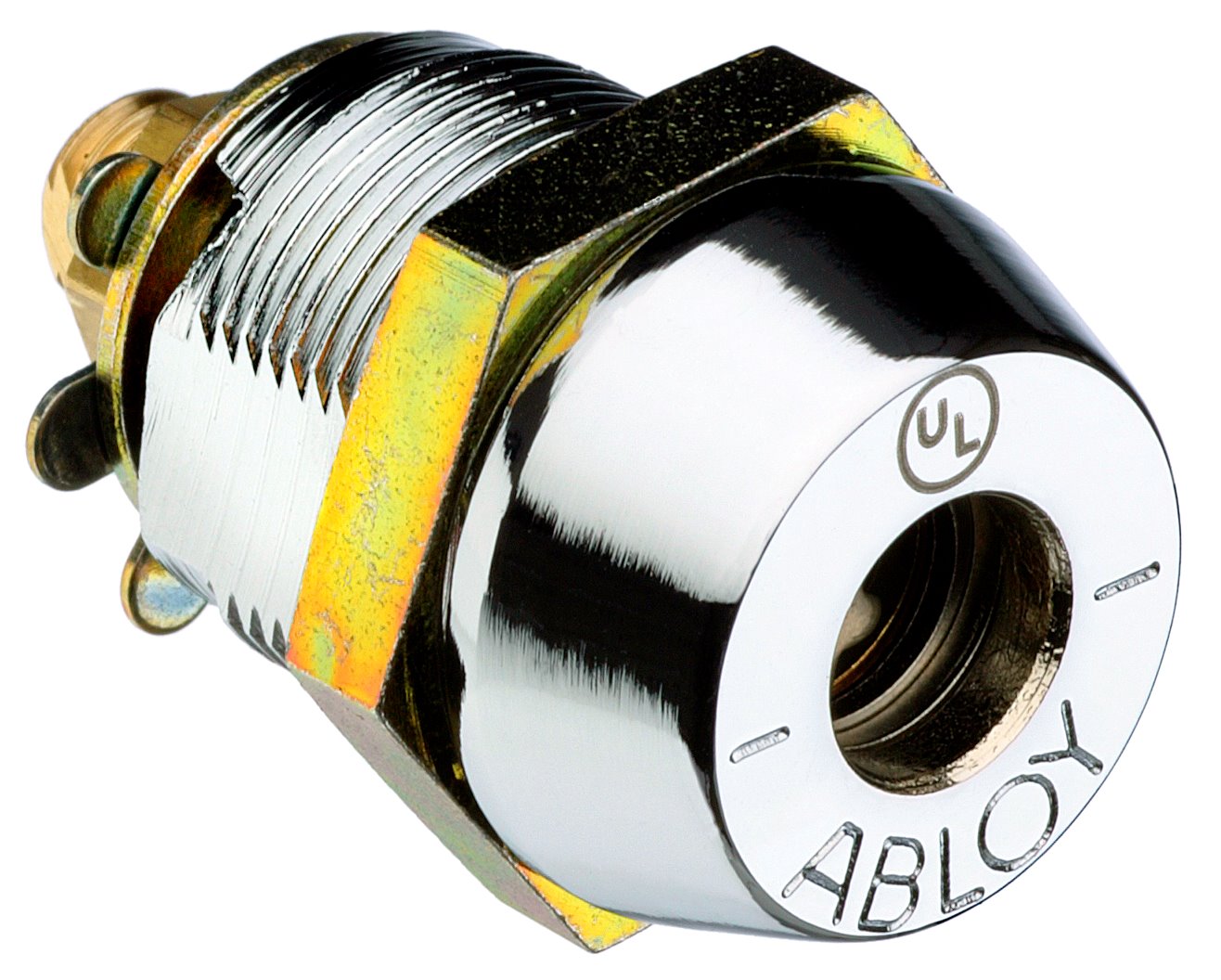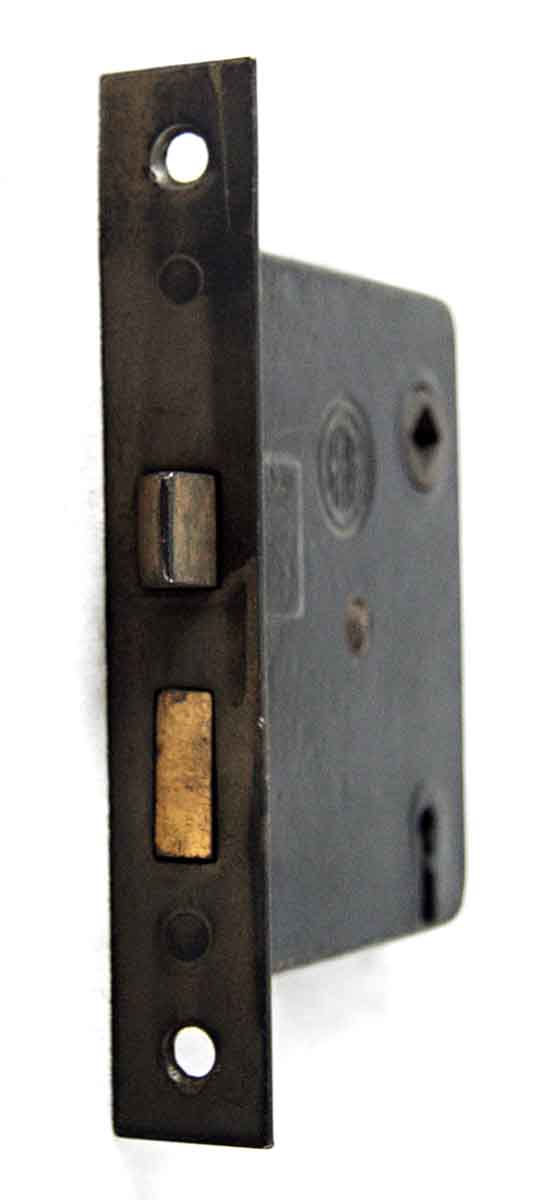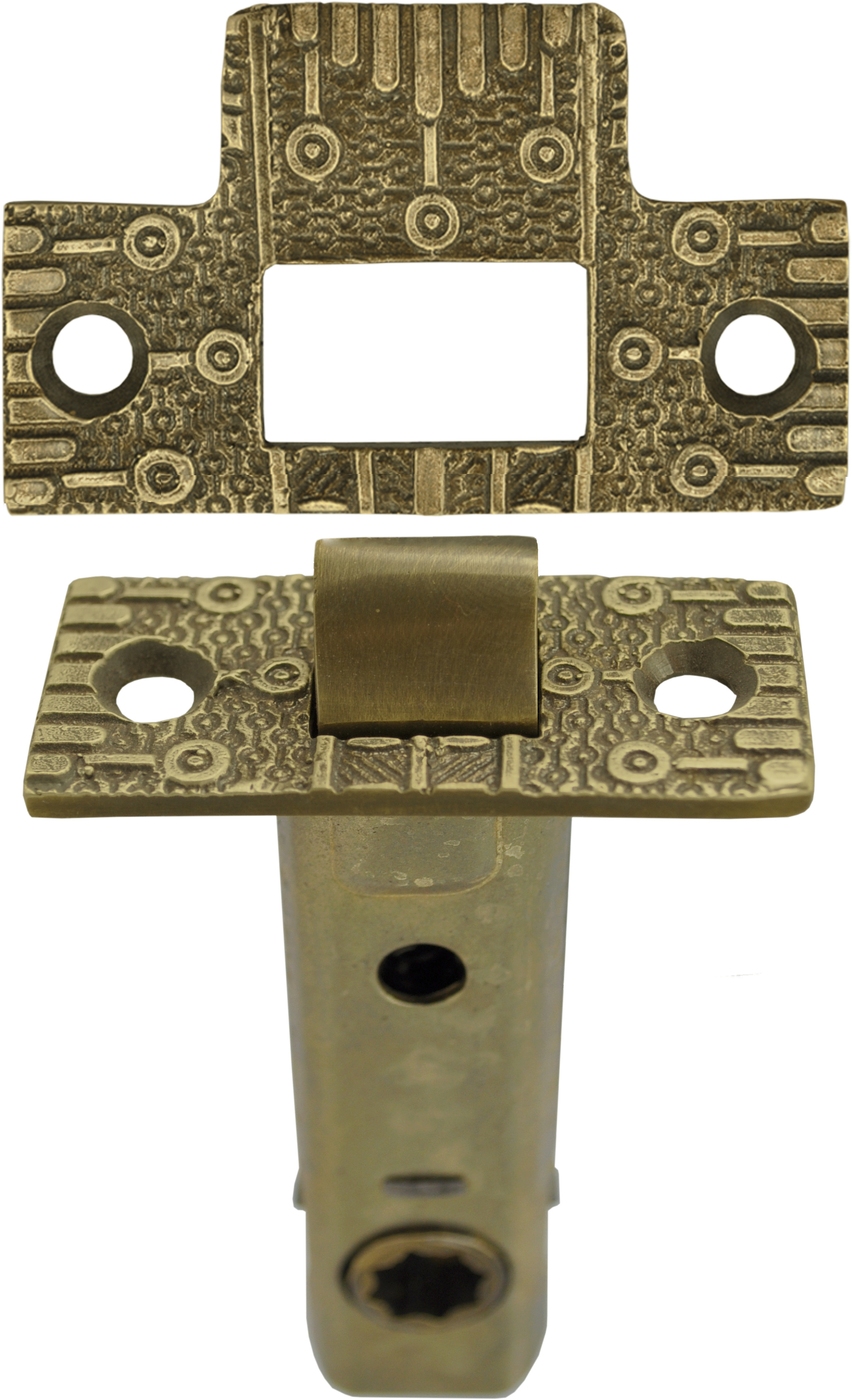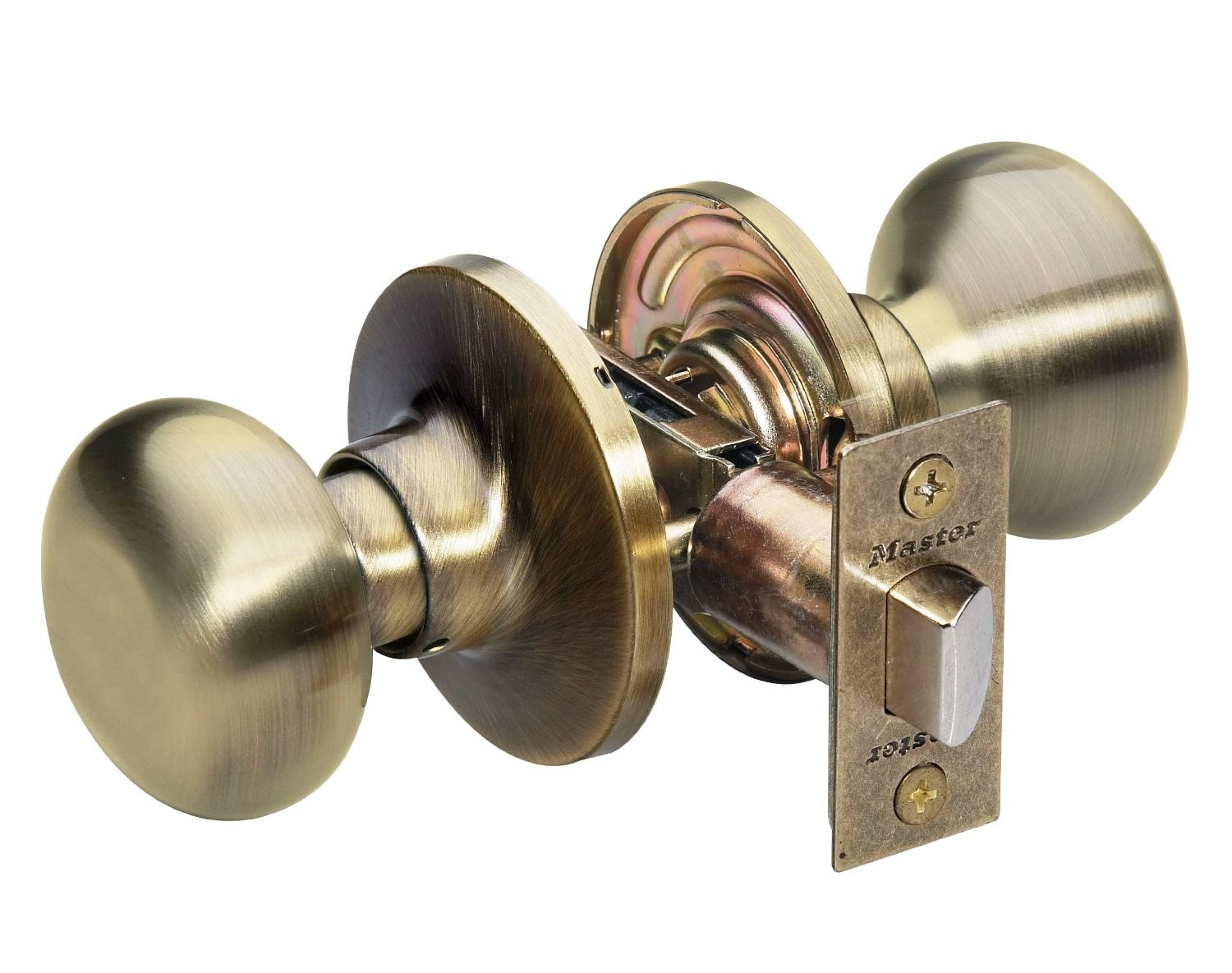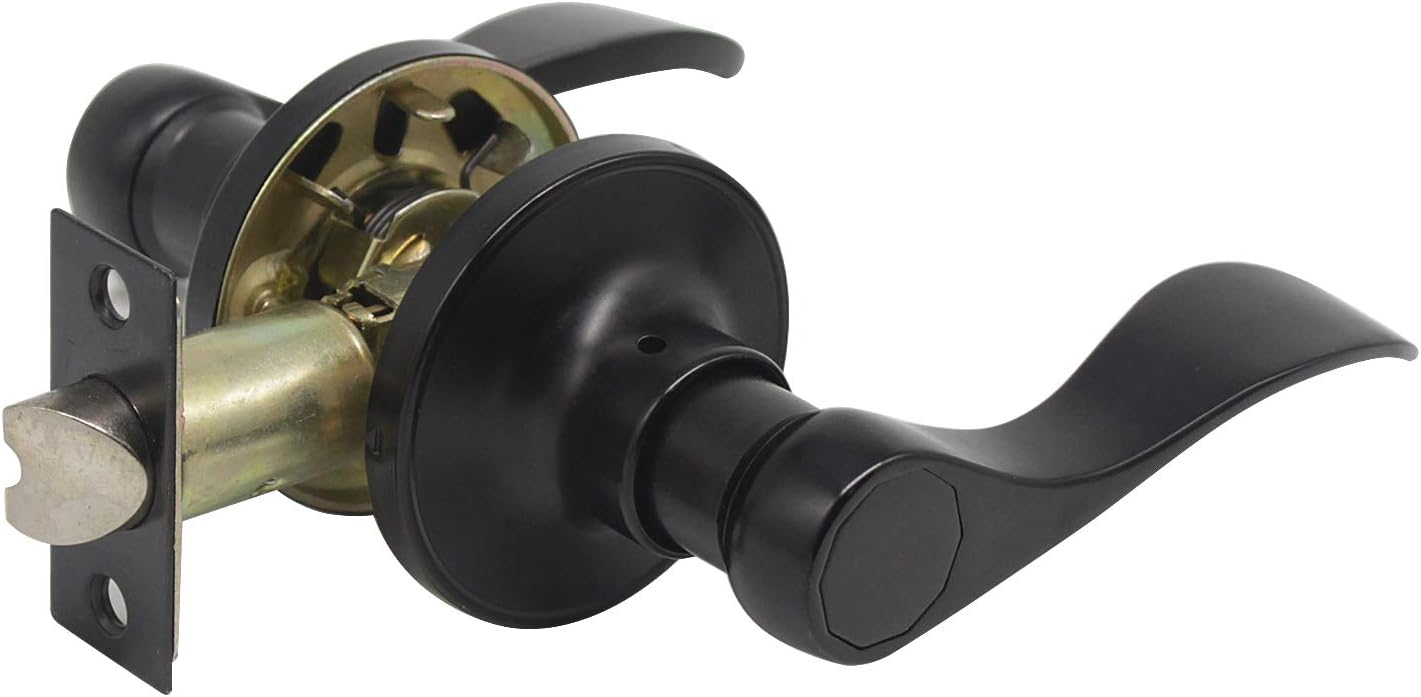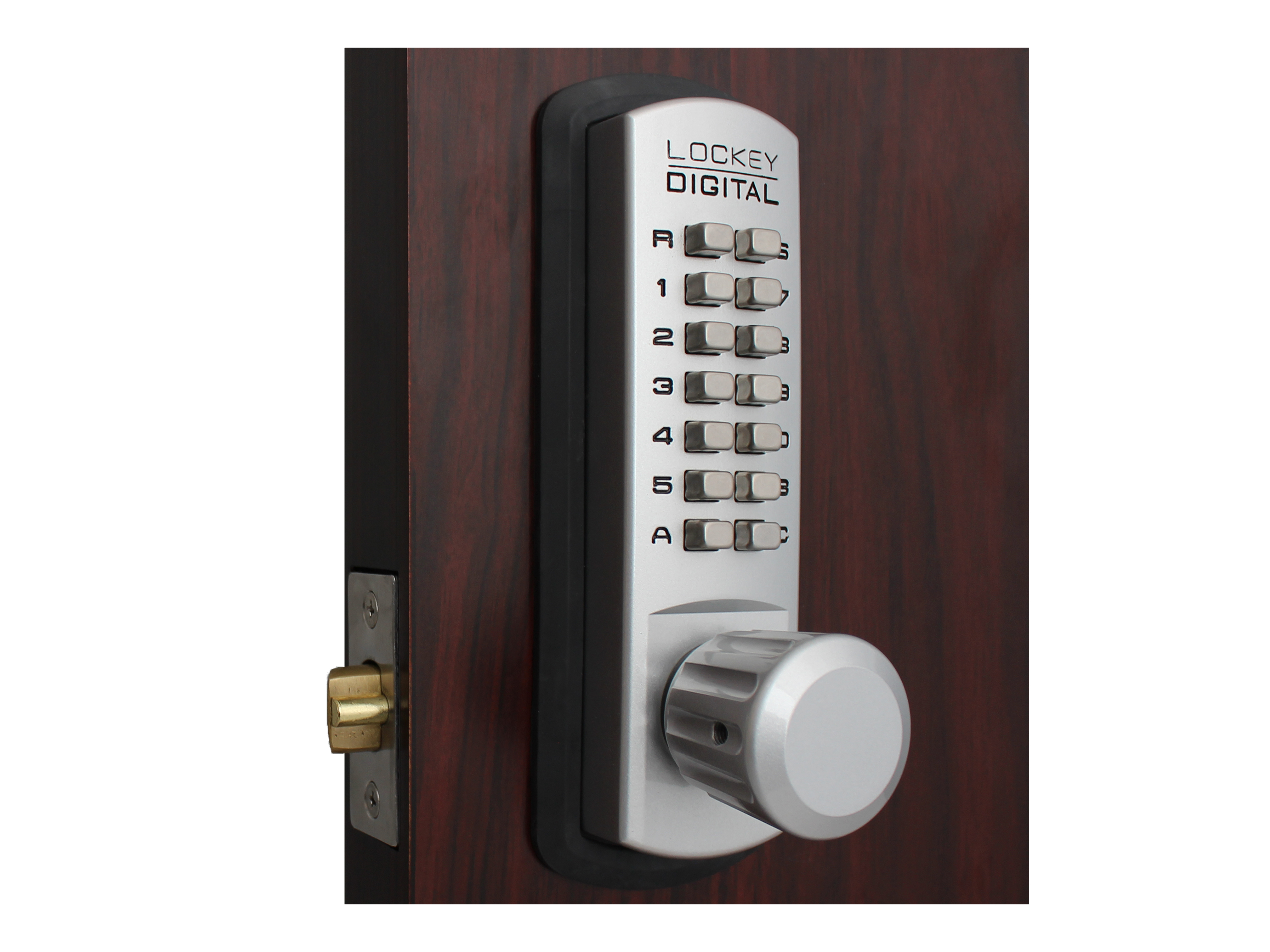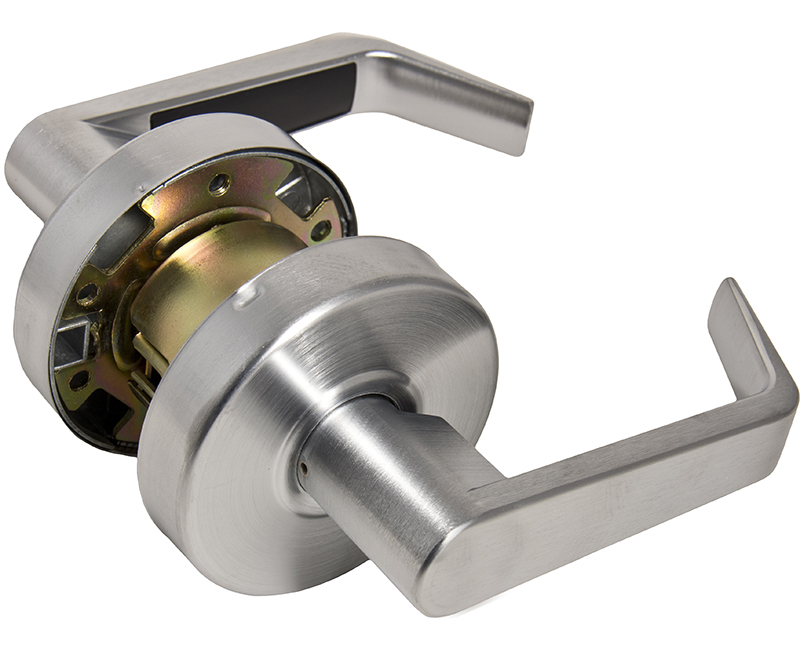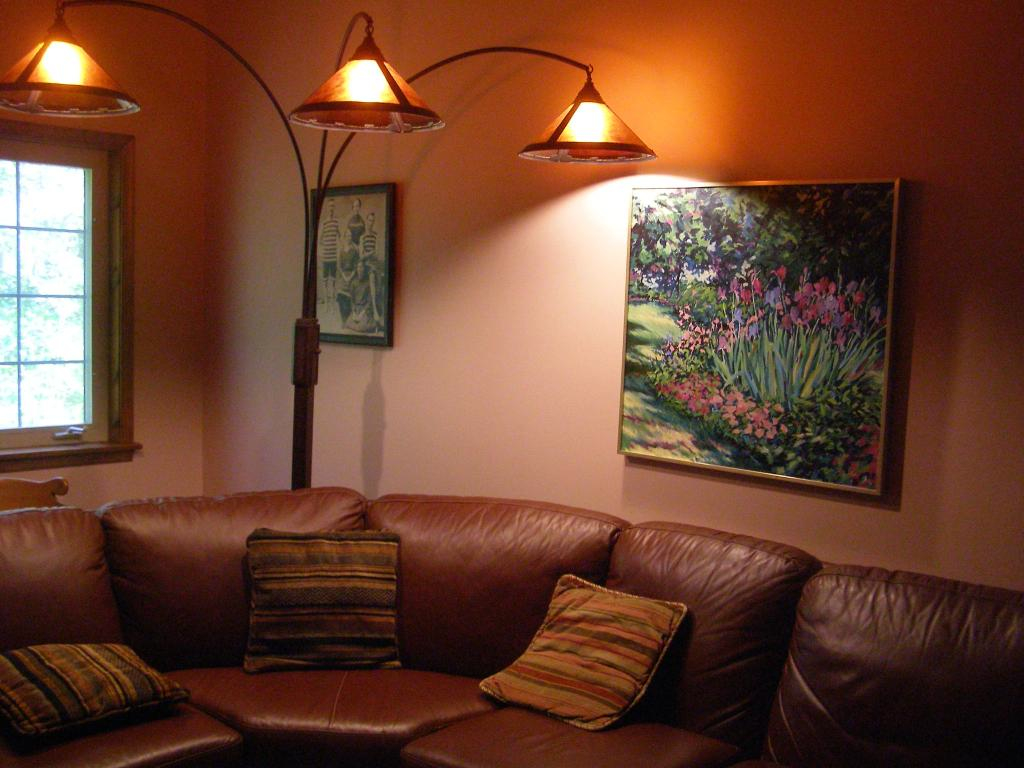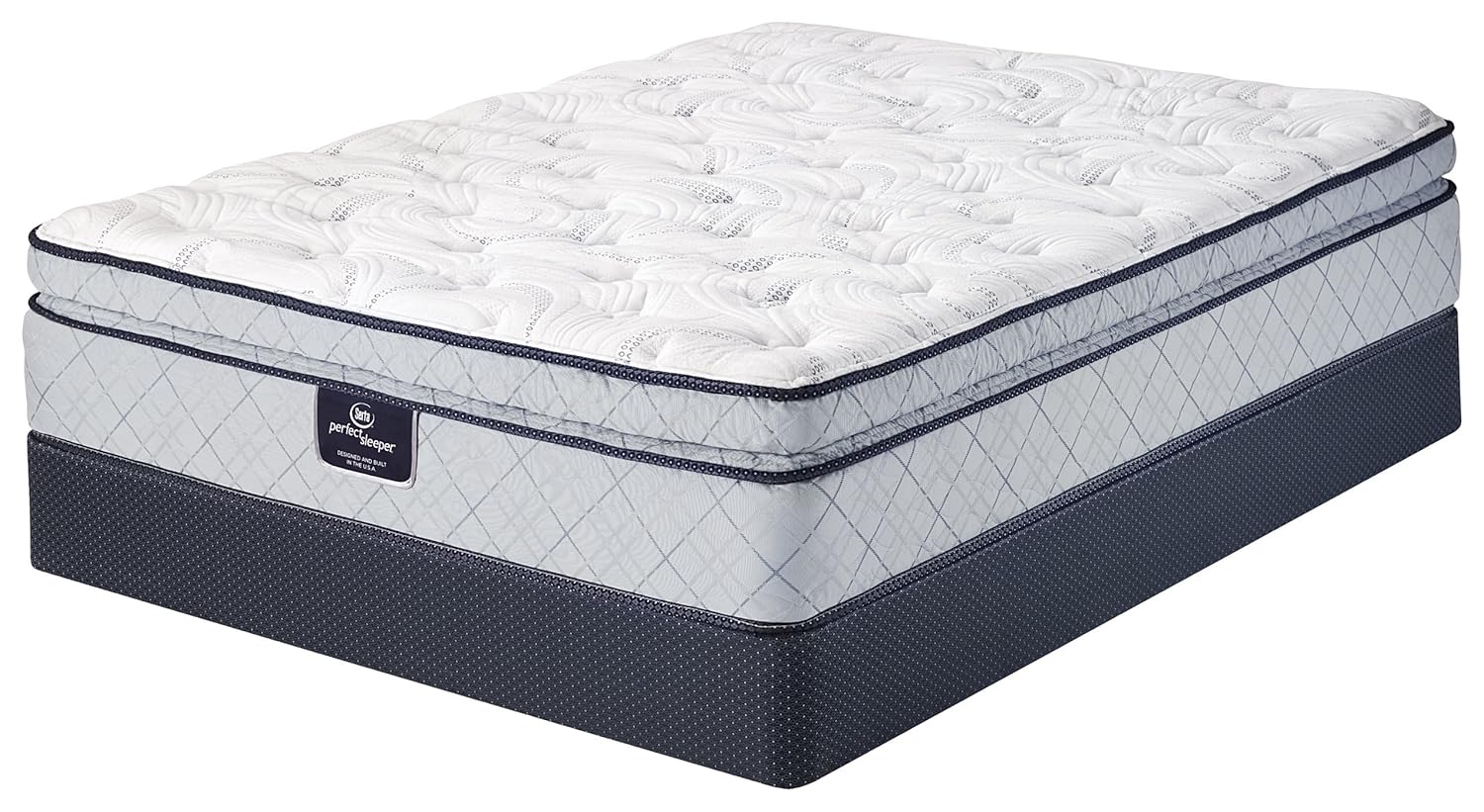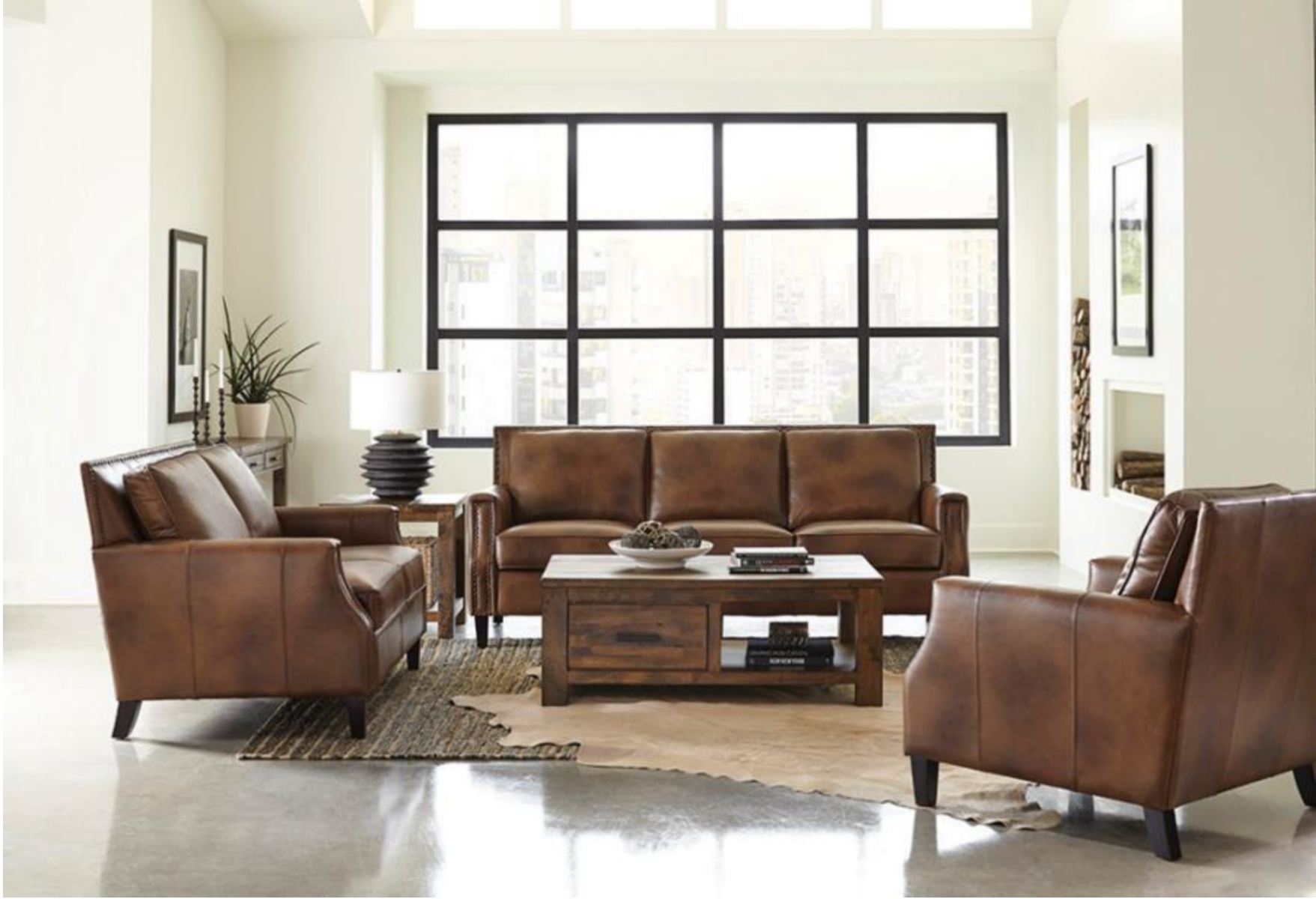One of the most common and traditional types of interior door locks is the knob lock. This type of lock features a knob on one side and a keyhole on the other. To lock the door, the knob must be turned from the inside and the key must be used to lock it from the outside. Knob locks are generally simple to install and operate, making them a popular choice for many homeowners.Knob Locks
Similar to knob locks, lever handle locks are also a popular choice for interior doors. However, instead of a round knob, this type of lock features a lever handle on both sides of the door. This design makes it easier for individuals with limited hand mobility to operate the lock. Lever handle locks come in a variety of styles and finishes, making them a stylish and functional option for any interior door.Lever Handle Locks
For added security, many homeowners choose to install deadbolts on their interior doors. These locks feature a solid metal bolt that extends into the door frame, making it difficult to force the door open. Deadbolts come in different types, including single cylinder, double cylinder, and keypad, providing varying levels of security. They are commonly used on front doors, but can also be installed on interior doors for added protection.Deadbolts
Mortise locks are a more complicated type of lock that requires a pocket or “mortise” to be cut into the door. The lock is then installed inside this pocket and operates with a key. These locks are often used on older homes and have a traditional, vintage look. Mortise locks are known for their durability and are a great option for interior doors that require a higher level of security.Mortise Locks
Electronic locks are a modern and convenient option for interior doors. These locks operate with a keypad, keycard, or fingerprint scanner, eliminating the need for a physical key. They offer advanced security features, such as programmable codes and remote access control, making them ideal for homes with multiple occupants. Electronic locks are also a great option for individuals who often misplace their keys.Electronic Locks
Similar to electronic locks, smart locks also offer keyless entry options. However, they are more advanced and can be controlled through a smartphone app. With smart locks, homeowners can lock and unlock their interior doors remotely, monitor access, and receive alerts when someone enters or exits the house. Some smart locks also have voice control capabilities, making them a convenient and modern option for interior door locks.Smart Locks
Keyless locks are another type of lock that operates without a physical key. They use a numeric keypad, touchscreen, or combination dial to unlock the door. Keyless locks offer convenience and security, as they eliminate the need for keys that can be lost or stolen. They are also easy to install and can be used on various types of interior doors.Keyless Locks
Privacy locks are commonly used on interior doors for bathrooms and bedrooms. These locks do not require a key and can be locked and unlocked from the inside with a push button or twist mechanism. They offer privacy and convenience, but do not provide high levels of security. Privacy locks are available in a variety of styles and finishes to match any interior door.Privacy Locks
Passage locks, also known as hall and closet locks, are used on interior doors that do not require any form of security or privacy. They are simple to install and operate with a simple twist or push button mechanism. Passage locks are commonly used on laundry room, pantry, and closet doors, adding a touch of style and functionality to these spaces.Passage Locks
Entry locks, also known as entrance sets, are used on exterior doors to provide both security and style. They feature a lock with a keyhole on the outside and a thumbturn or lever handle on the inside. Entry locks come in a variety of designs and finishes, allowing homeowners to choose one that complements their interior doors and adds curb appeal to their home.Entry Locks
Types of Locks for Interior Doors
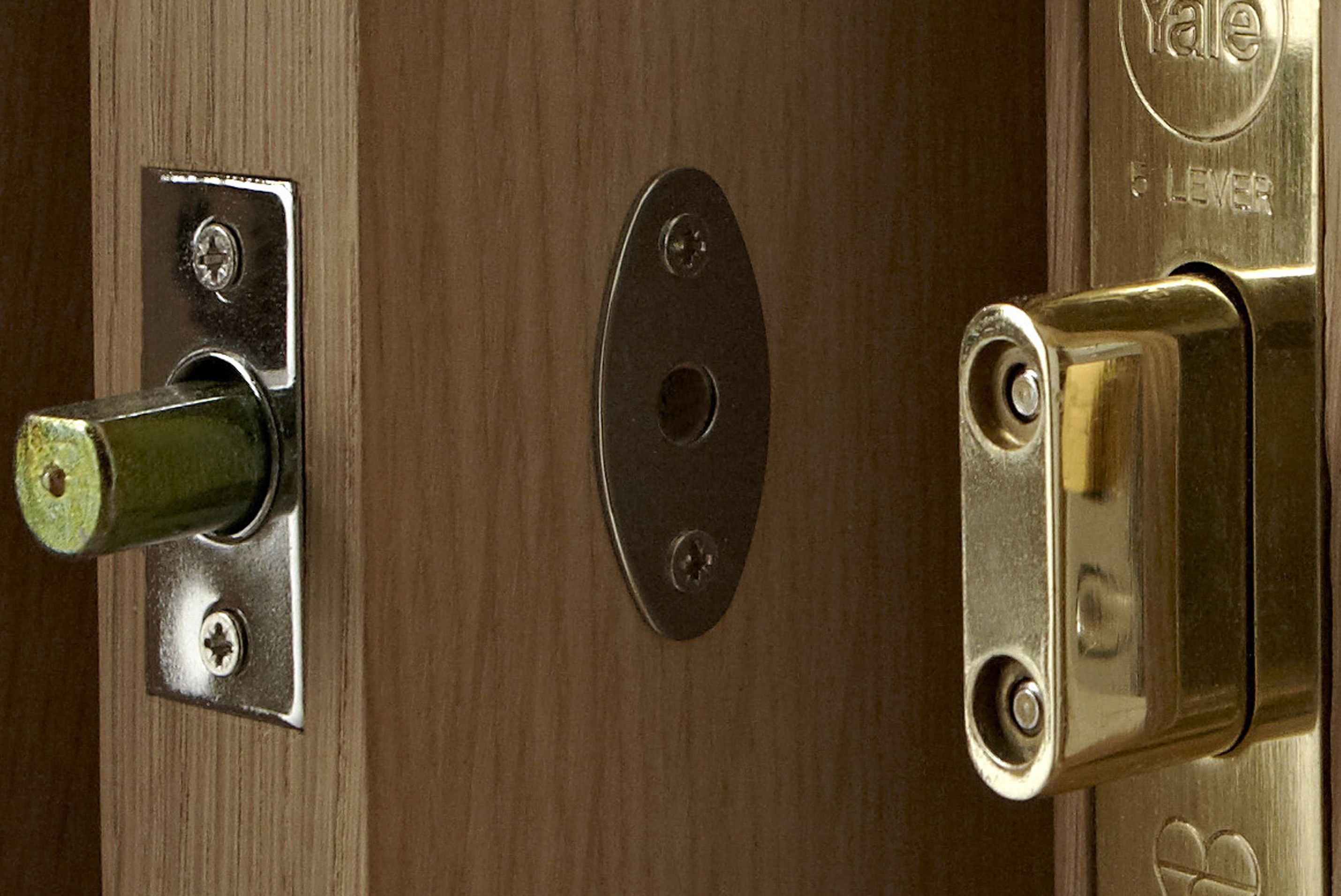
When it comes to interior doors, security and privacy may not be your main concern. However, choosing the right lock for your interior doors can offer added protection and peace of mind. There are various types of locks available in the market, each with its own unique features and benefits. In this article, we will explore the different types of interior door locks and their uses.
1. Knob Locks

Knob locks are the most commonly used type of lock for interior doors. They are easy to install and operate, making them a popular choice for bedrooms, bathrooms, and closets. These locks have a knob on one side and a key cylinder on the other, allowing you to lock and unlock the door from both sides. They are also available in a variety of styles and finishes to match your interior design.
2. Lever Handle Locks

Lever handle locks are similar to knob locks, but instead of a knob, they have a lever handle. This makes them easier to operate, especially for people with limited hand mobility. Lever handle locks are commonly used for interior doors in commercial buildings, such as offices and schools. They are also a great option for homes with young children or the elderly.
3. Deadbolts
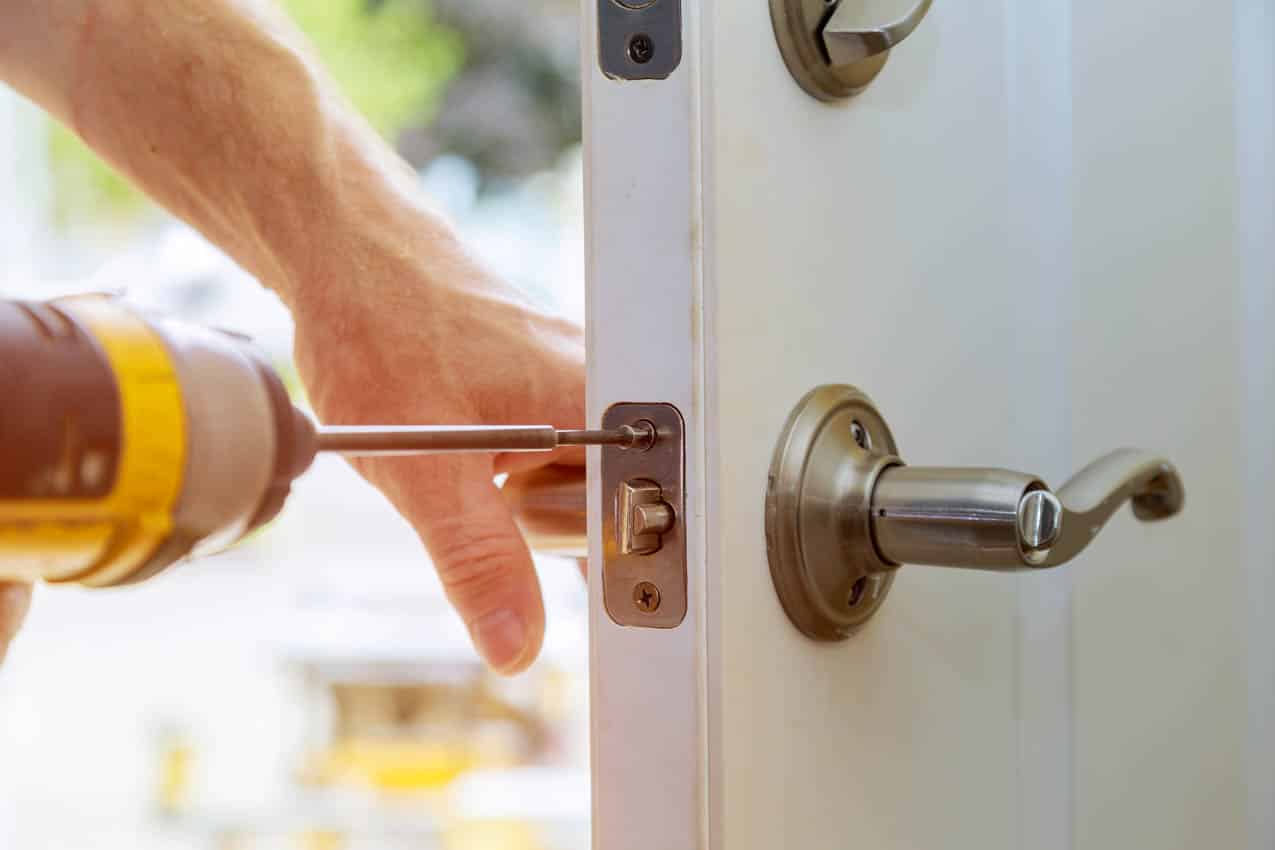
Deadbolts are a popular choice for exterior doors, but they can also be used on interior doors for added security. These locks have a solid metal bolt that extends into the door frame, making it difficult for intruders to kick the door in. There are different types of deadbolts available, including single-cylinder, double-cylinder, and keyless options.
4. Mortise Locks

Mortise locks are a traditional type of lock that requires a pocket, or "mortise," to be cut into the door. These locks are typically used on wooden doors and offer a high level of security. They have a knob on one side and a key cylinder on the other, similar to knob locks. Mortise locks are commonly used on front doors, but they can also be used on interior doors for added protection.
5. Electronic Locks

For a more modern and convenient option, electronic locks are becoming increasingly popular for interior doors. These locks use a keypad, fingerprint scanner, or Bluetooth technology to lock and unlock the door. They are a great choice for homes with multiple residents or for people who frequently forget their keys. Electronic locks also offer added security as they are difficult for intruders to pick.
When choosing the right lock for your interior doors, consider the level of security and convenience you need. It is also important to ensure that the lock is properly installed and maintained for optimal performance. With the right lock, you can enhance the safety and functionality of your interior doors.


